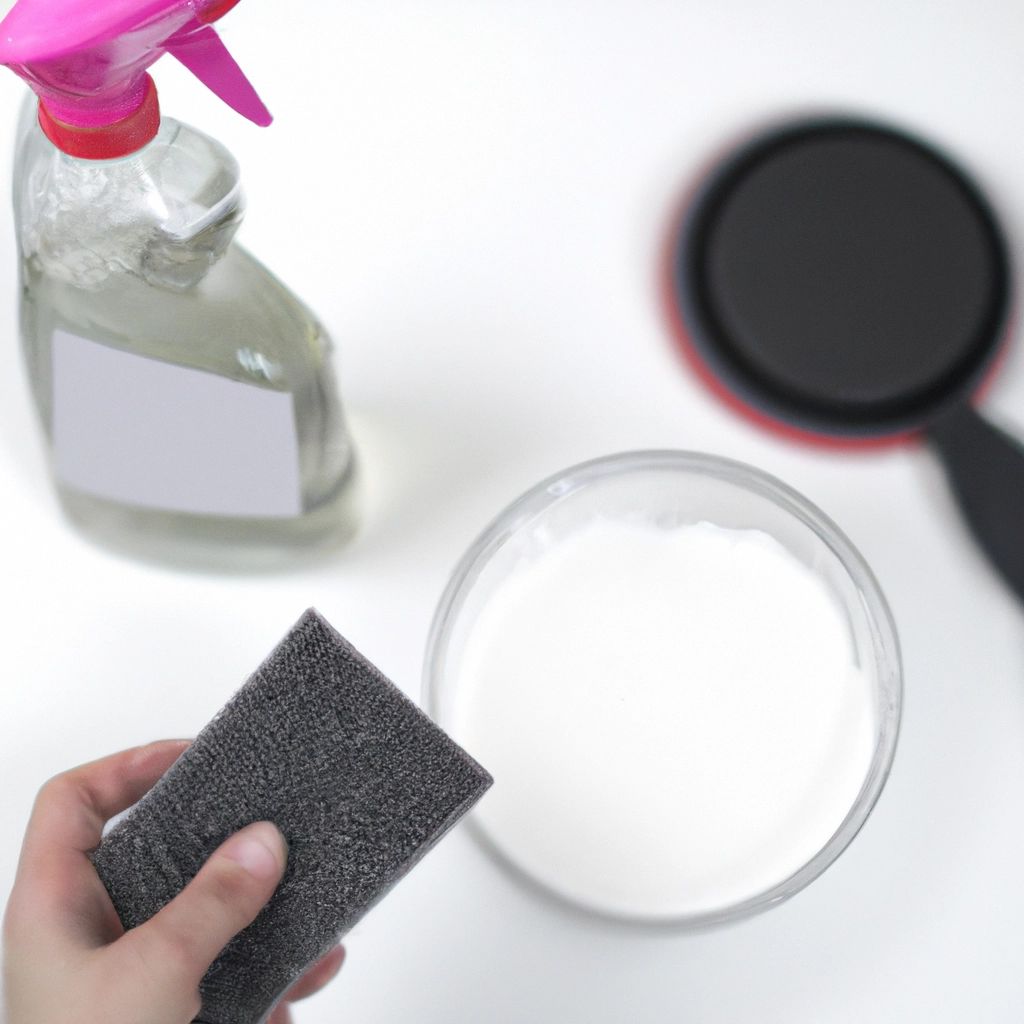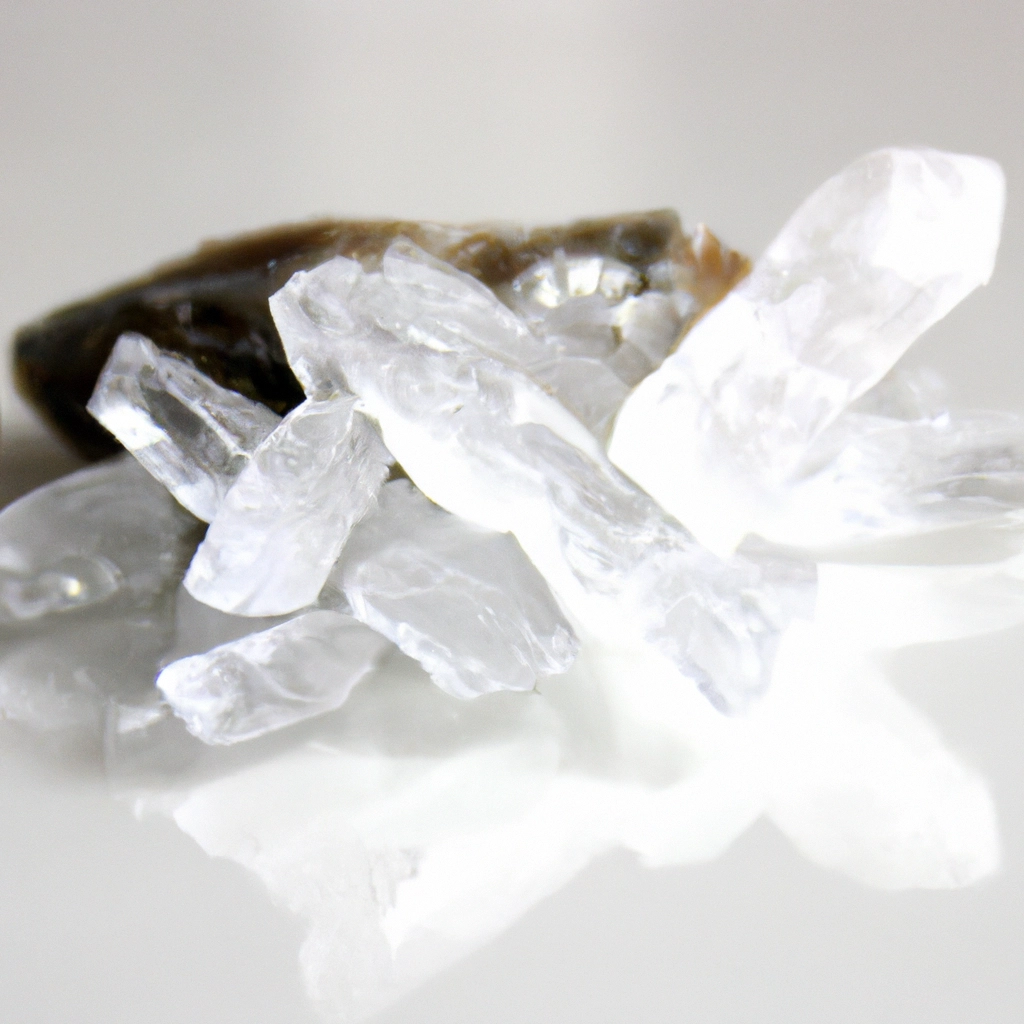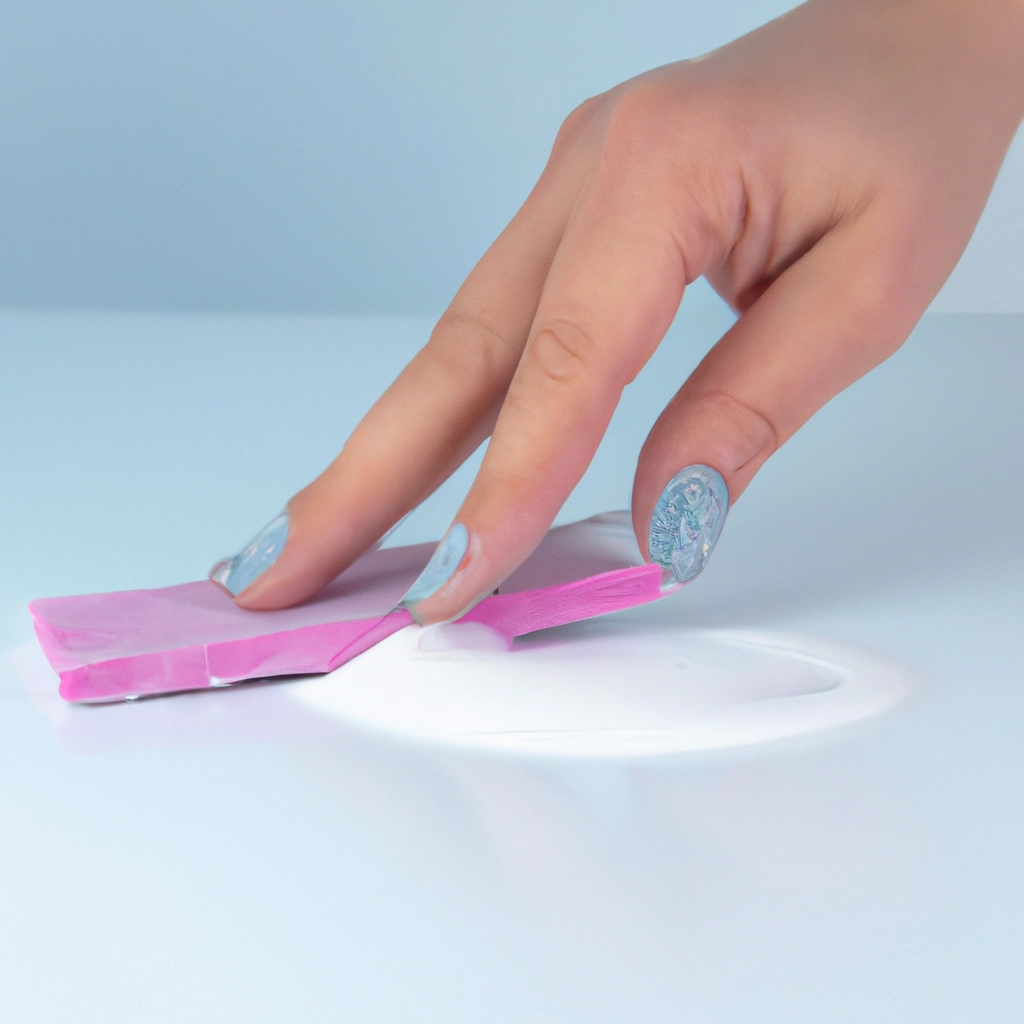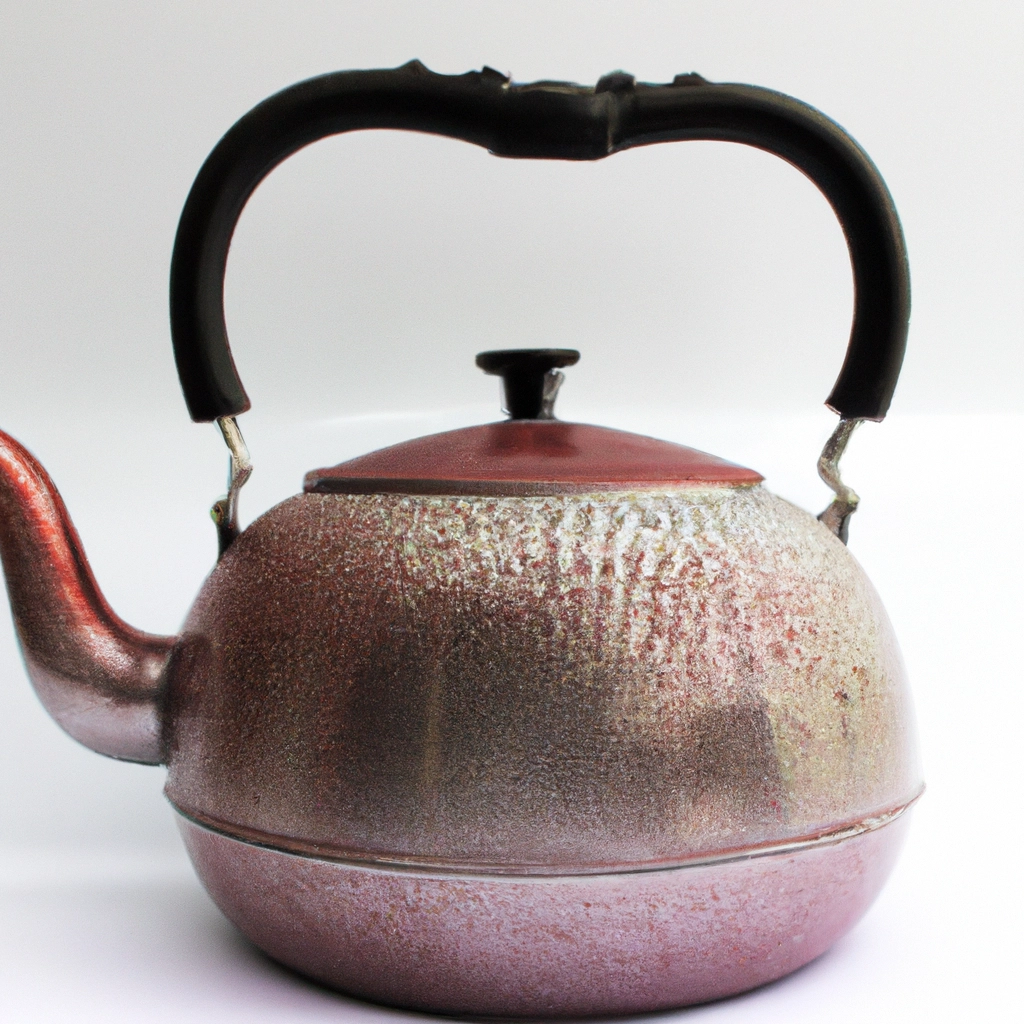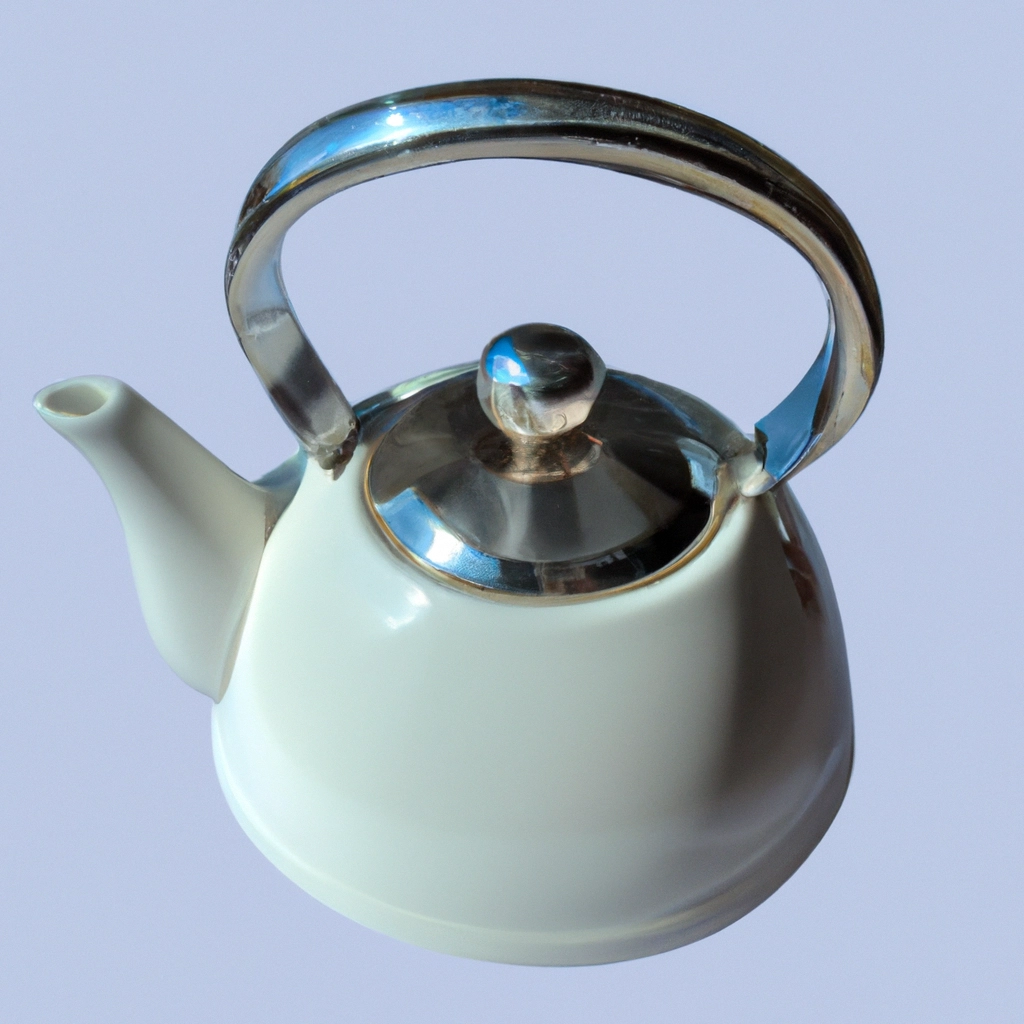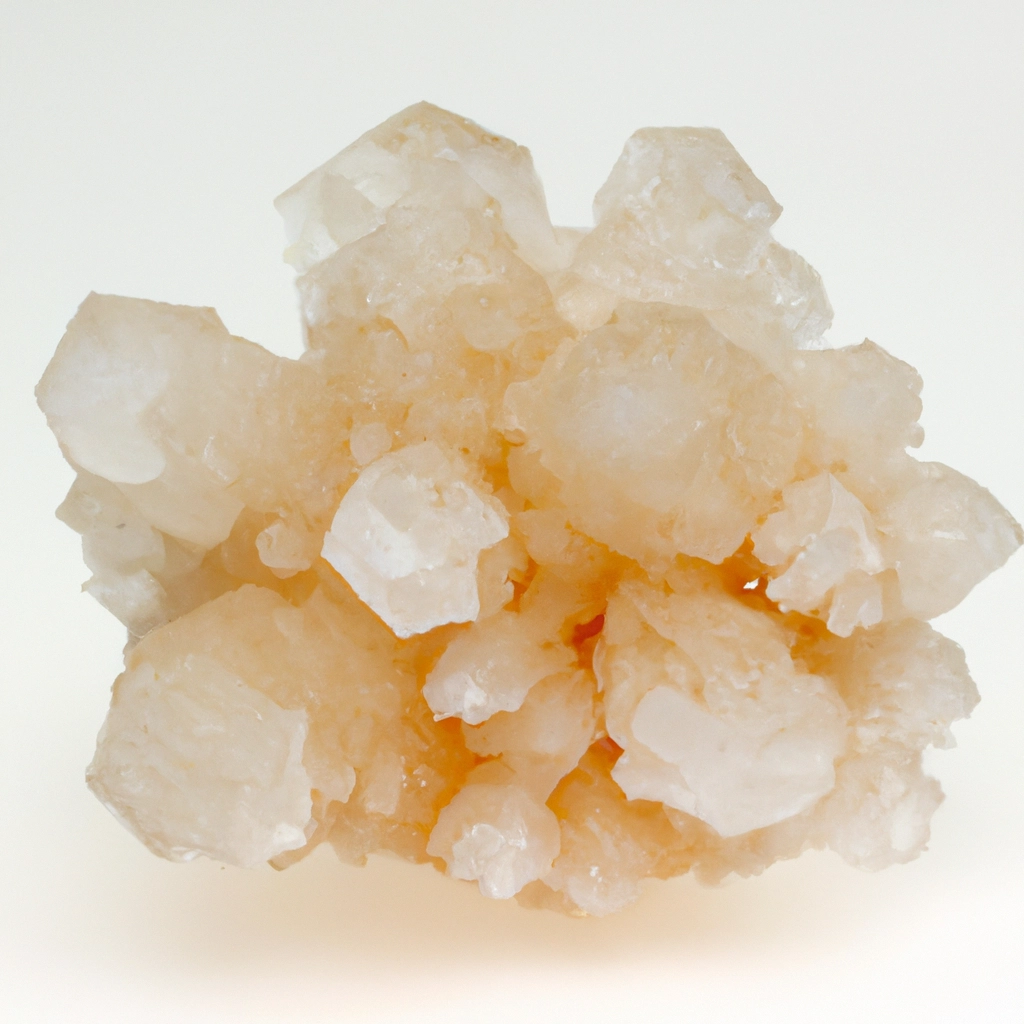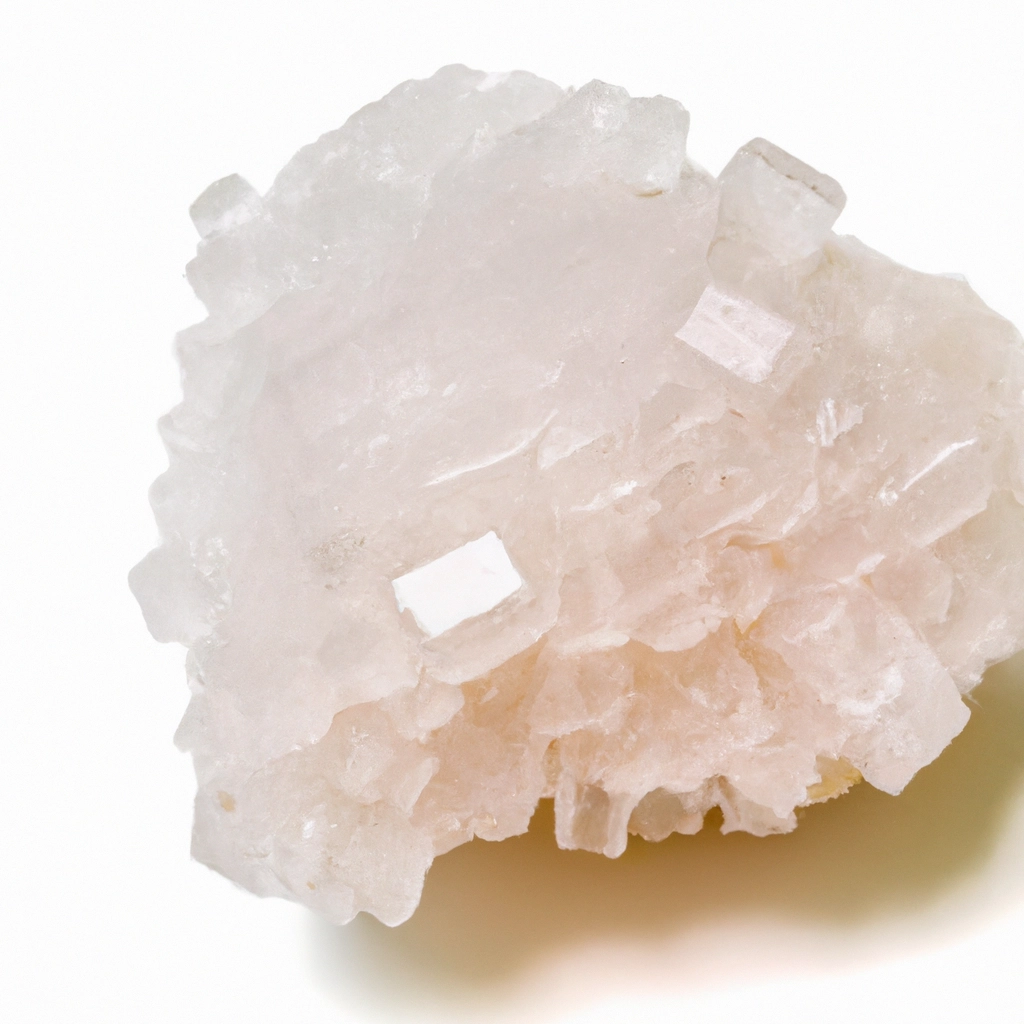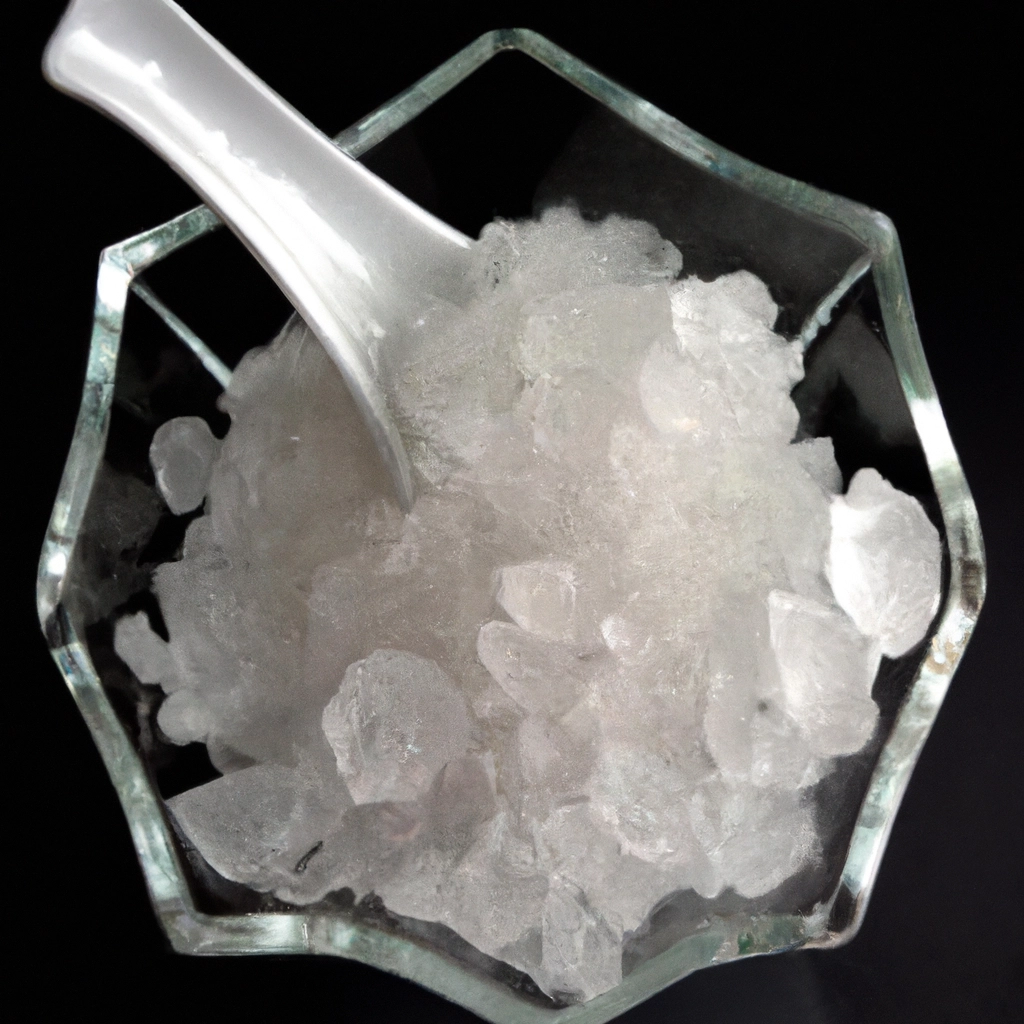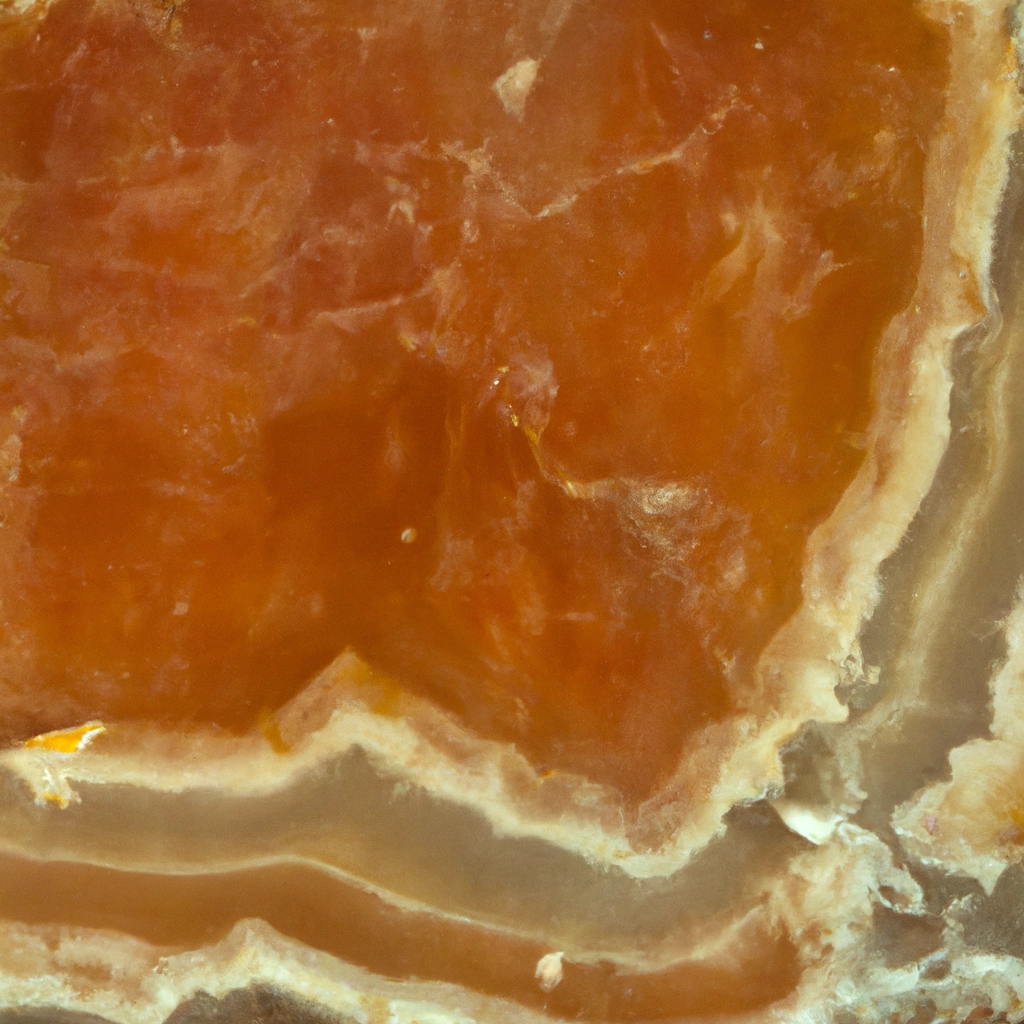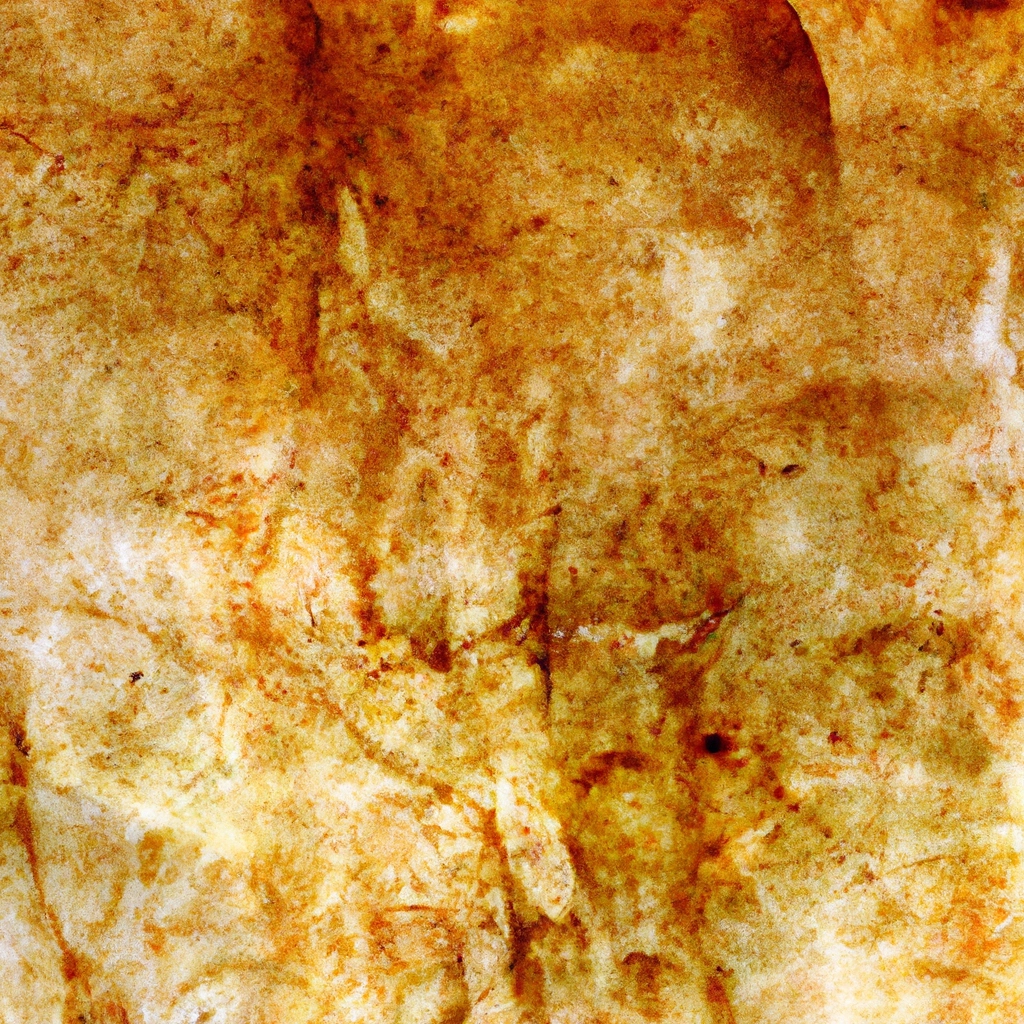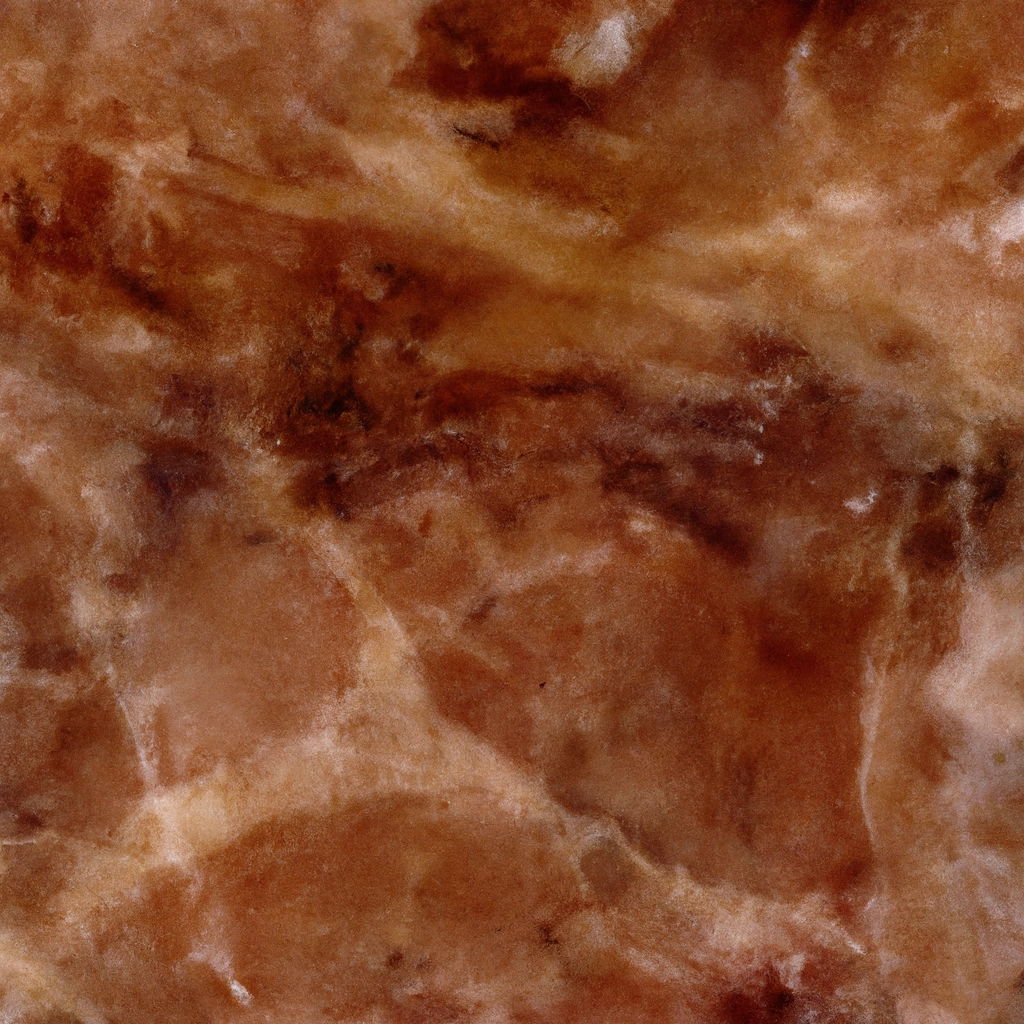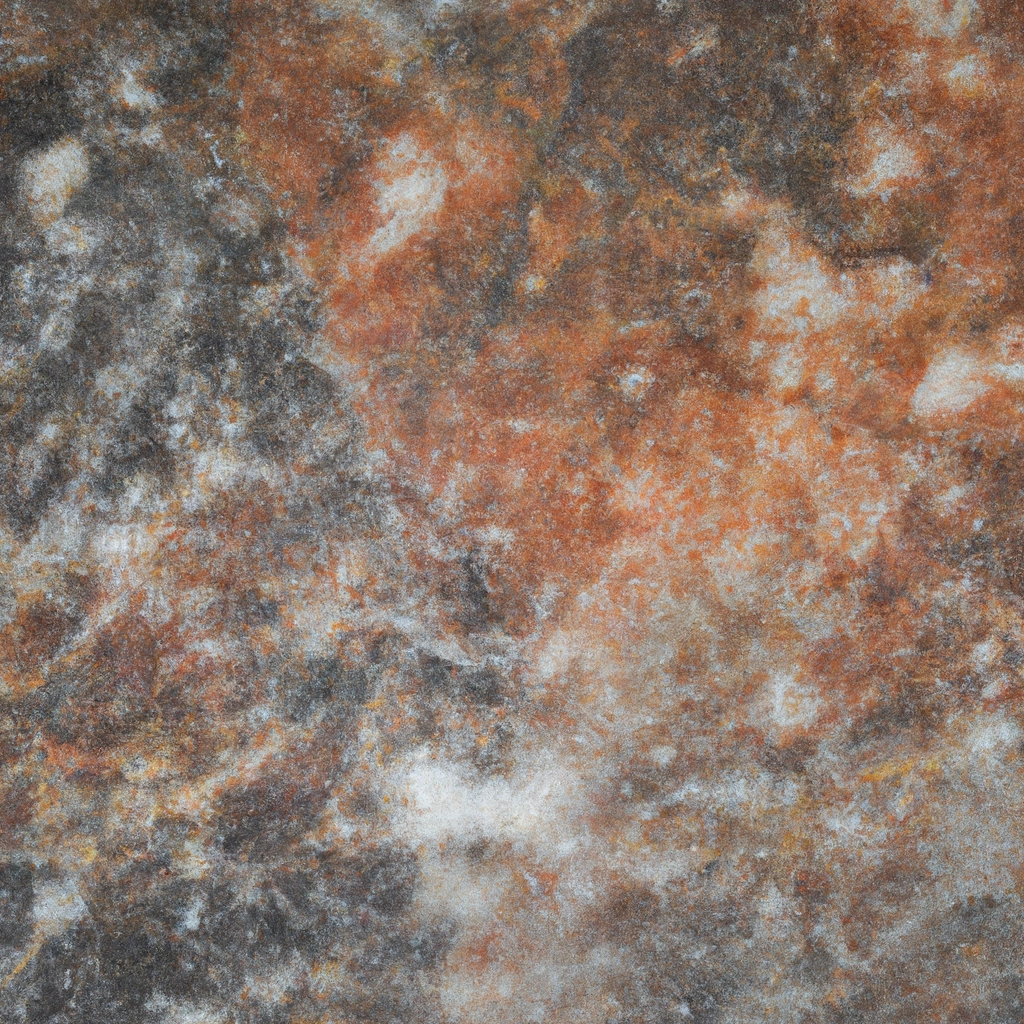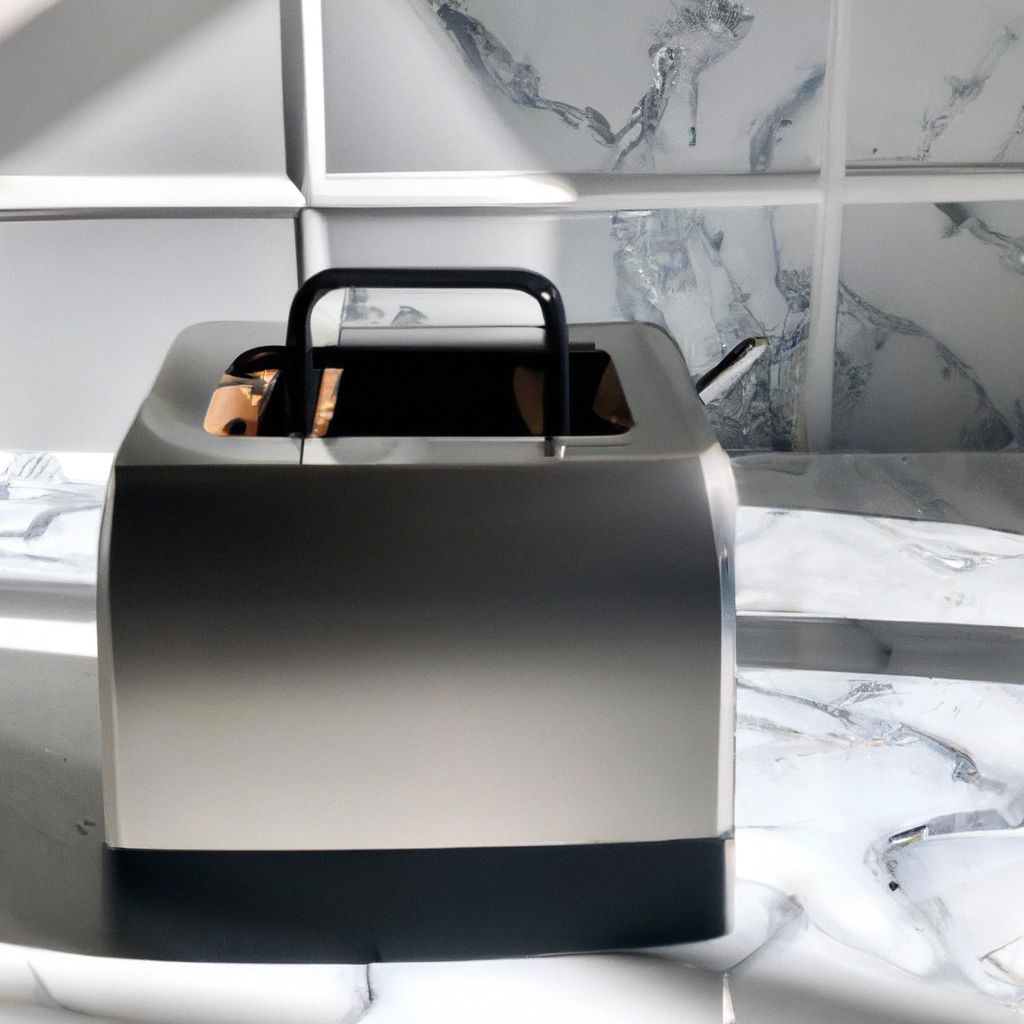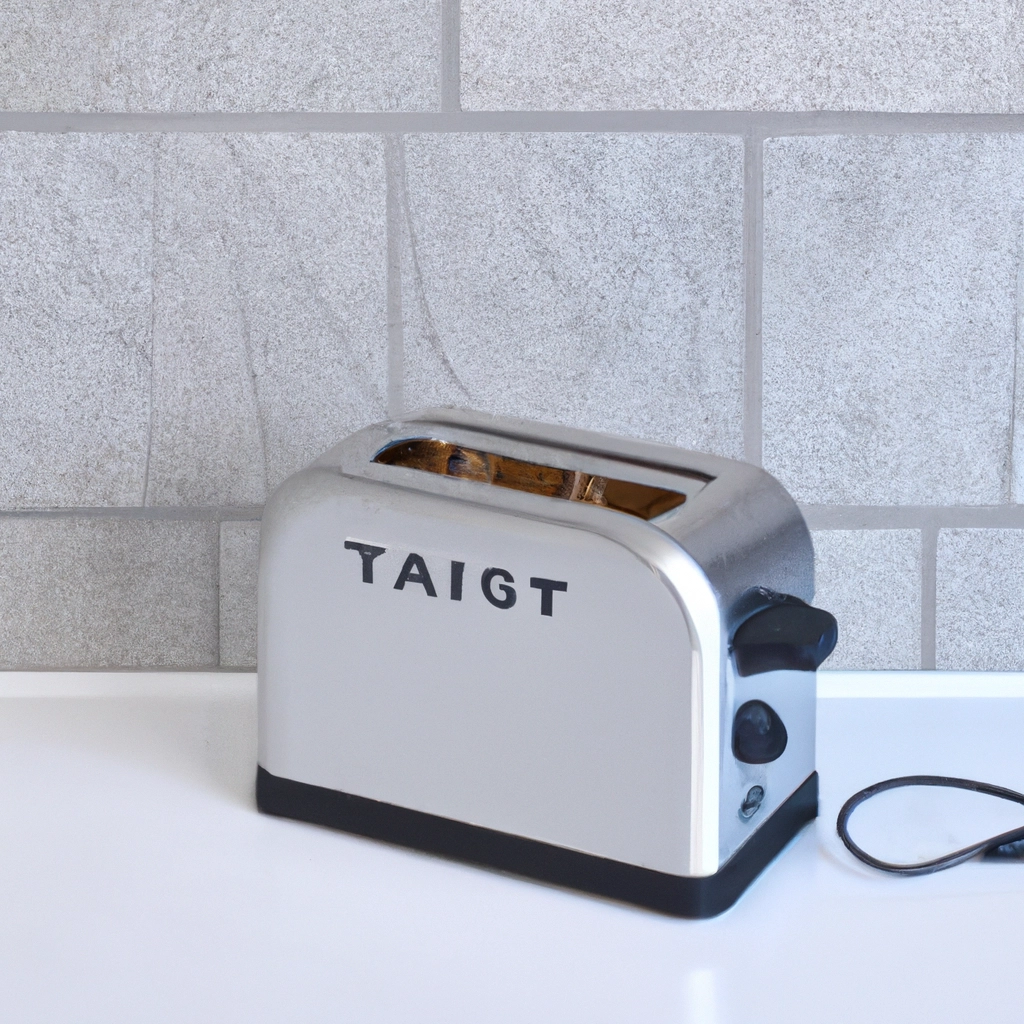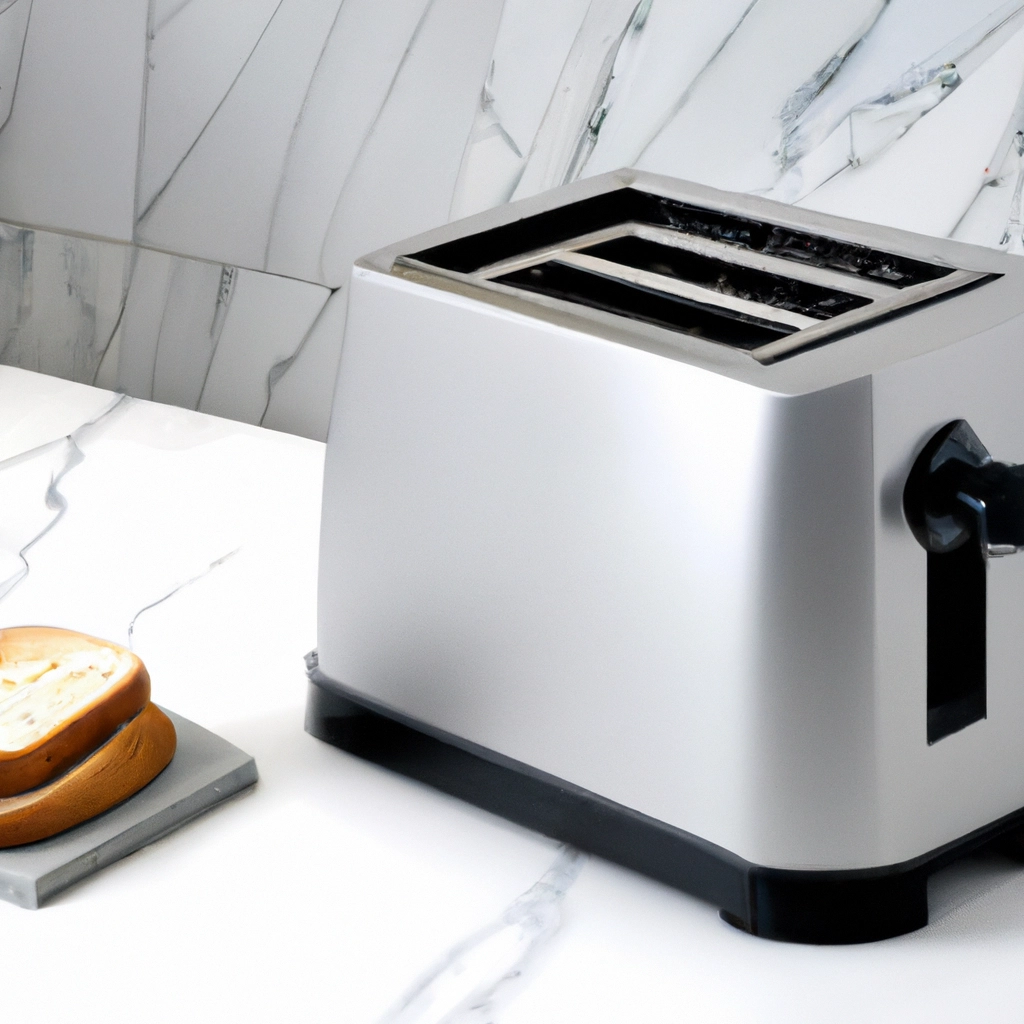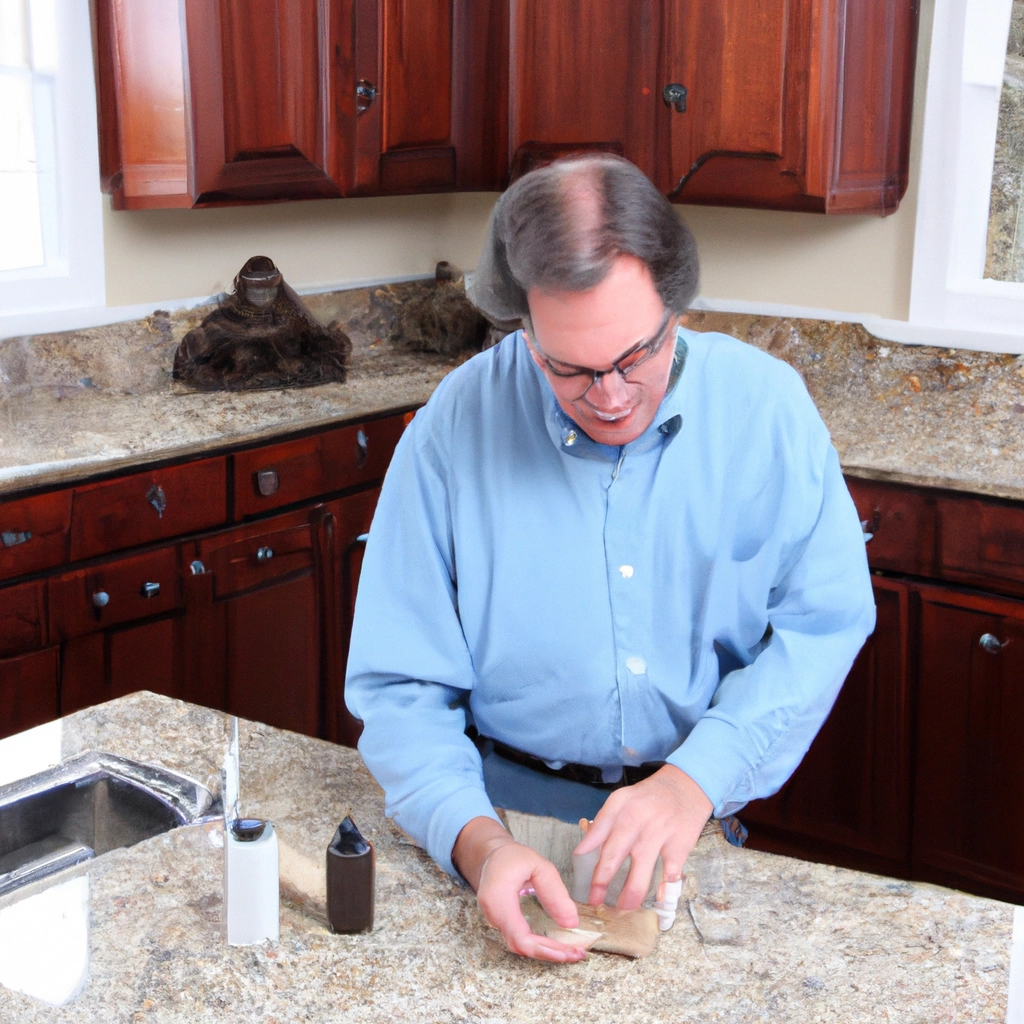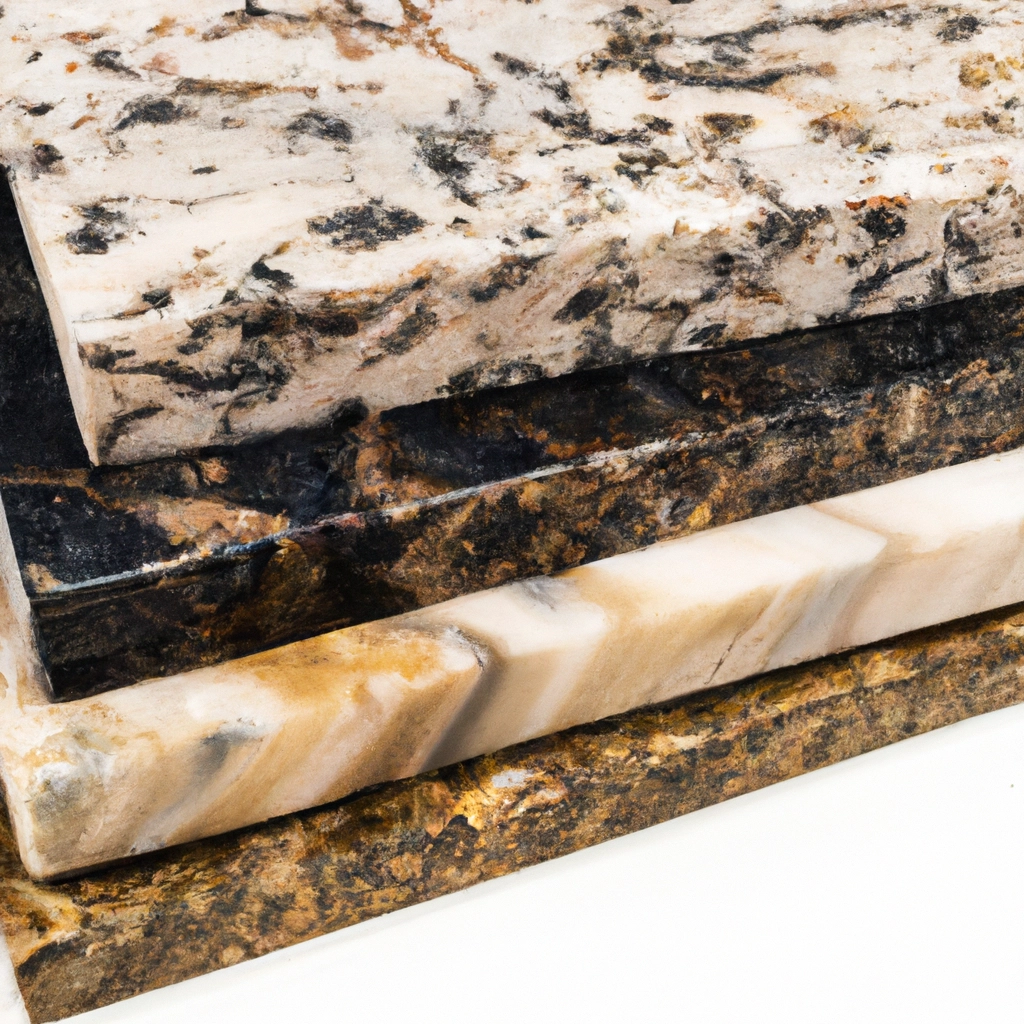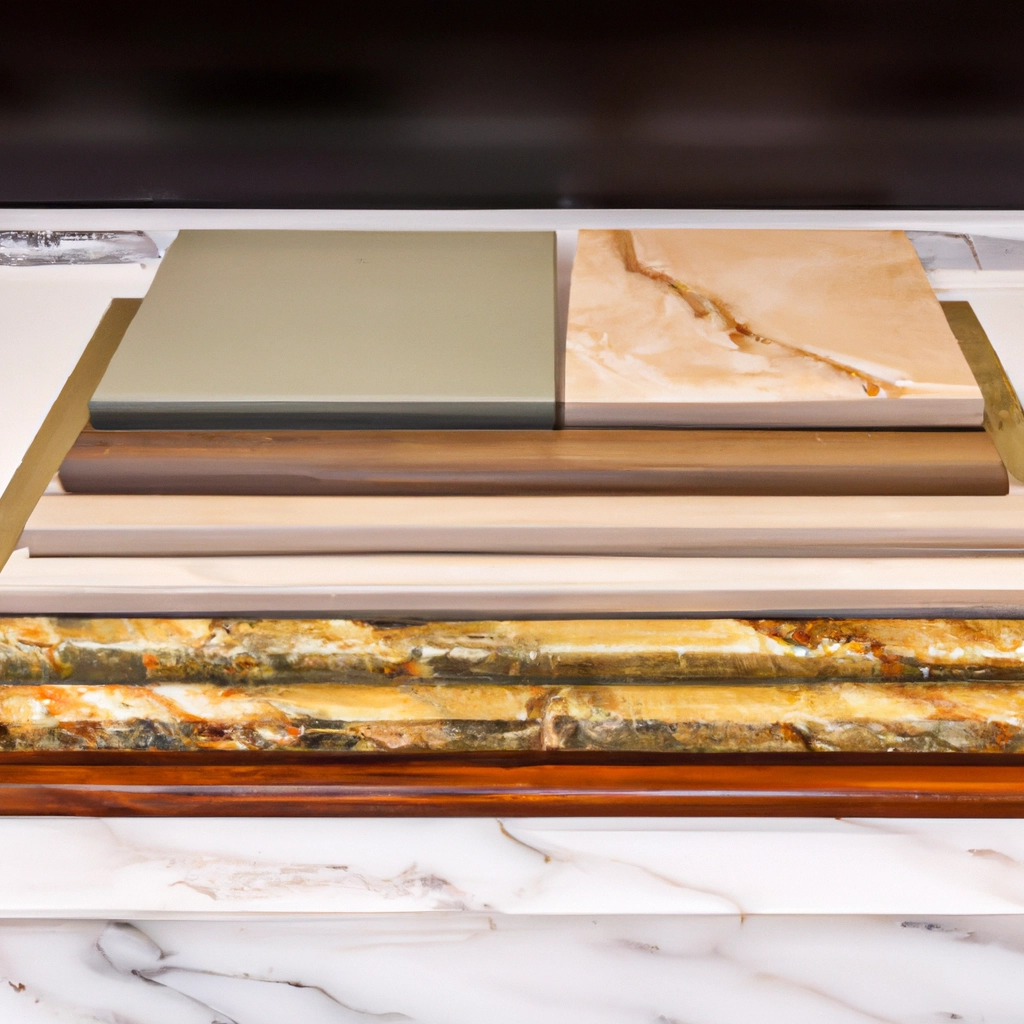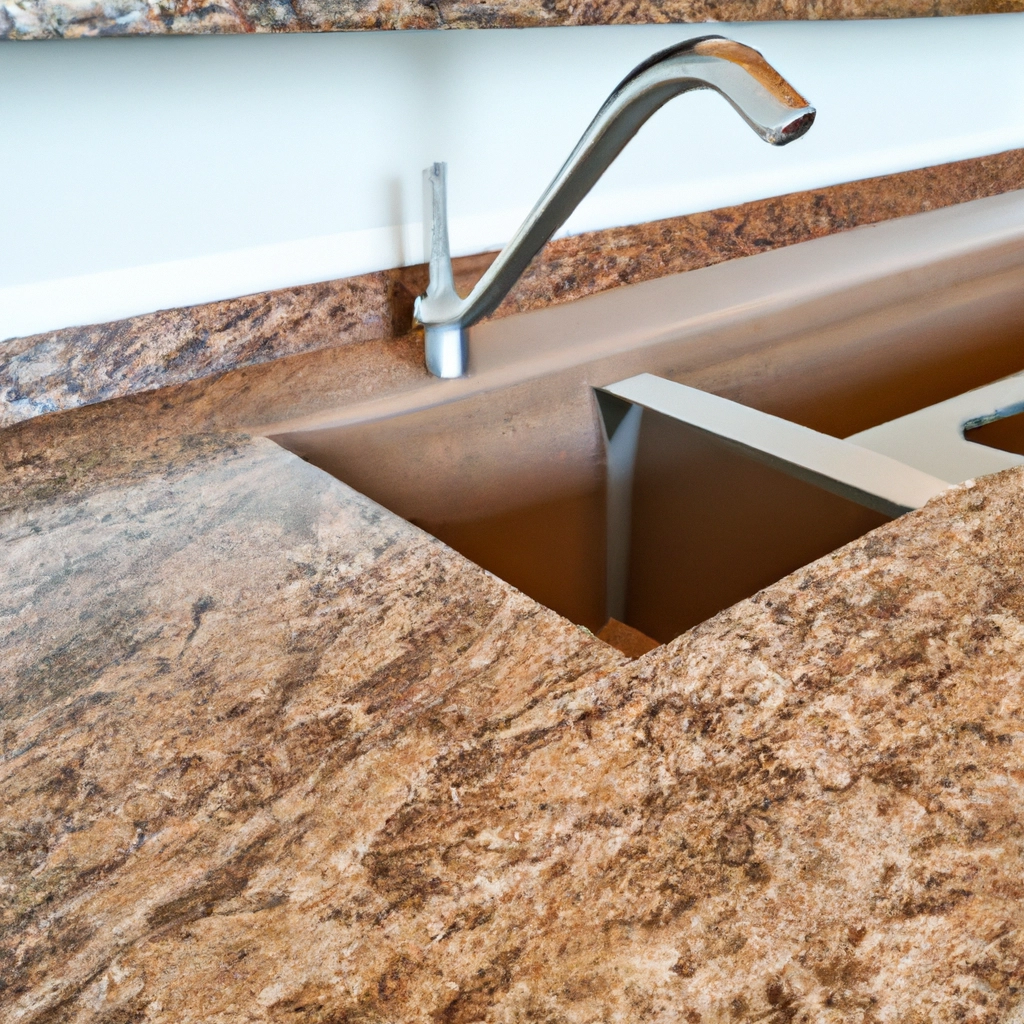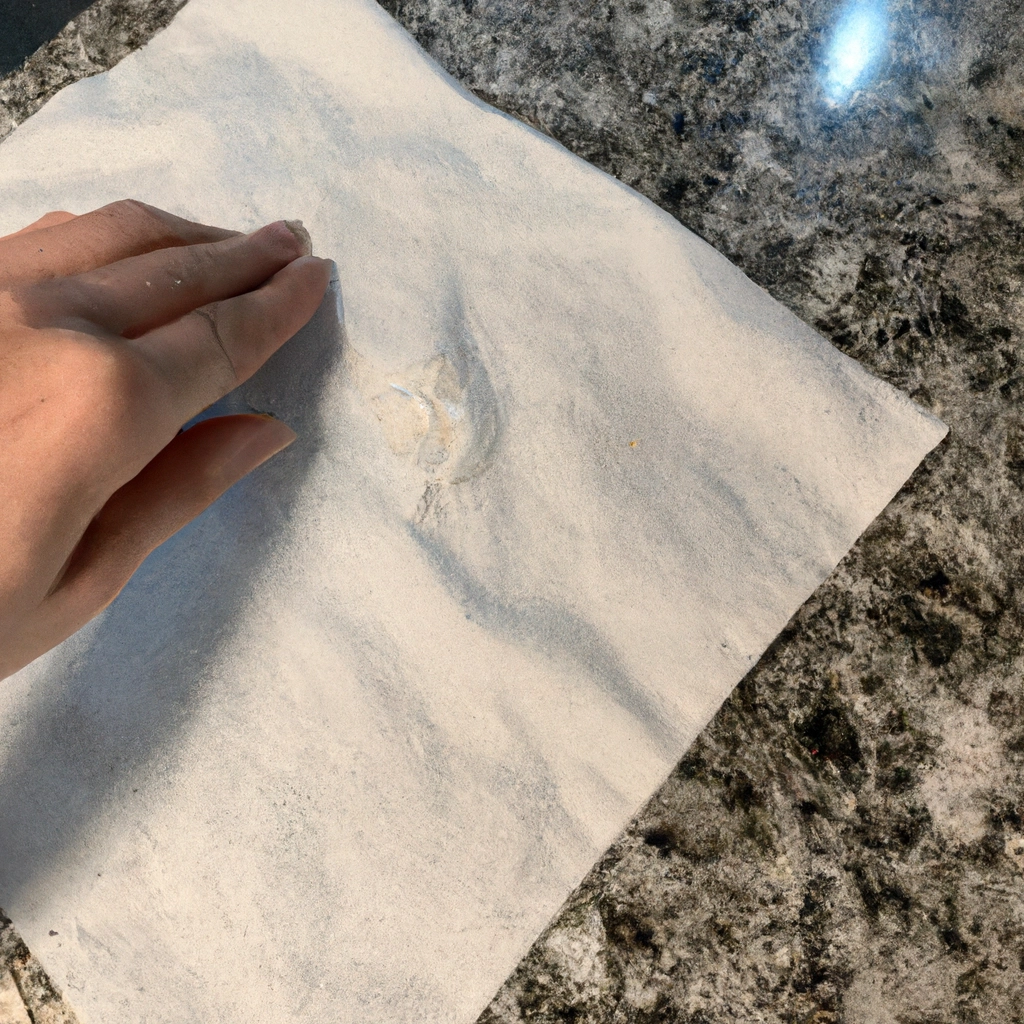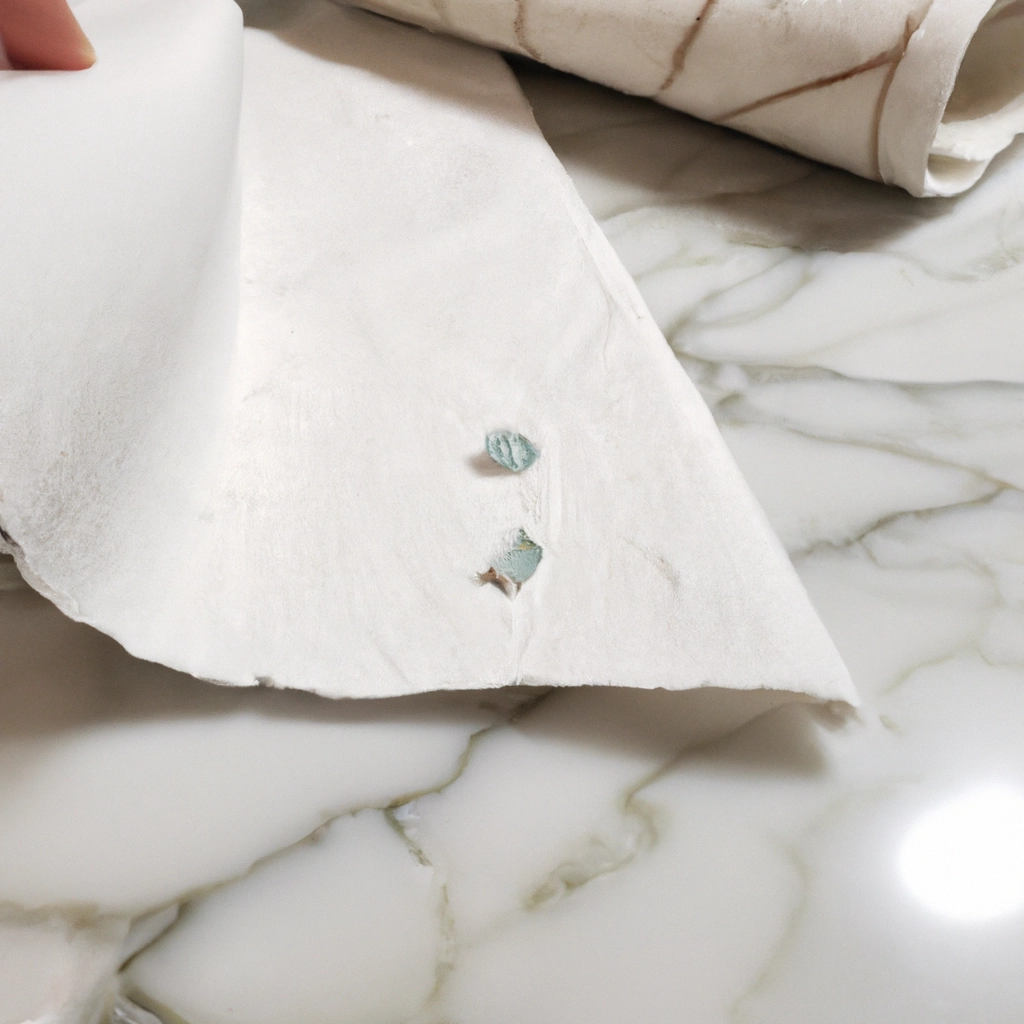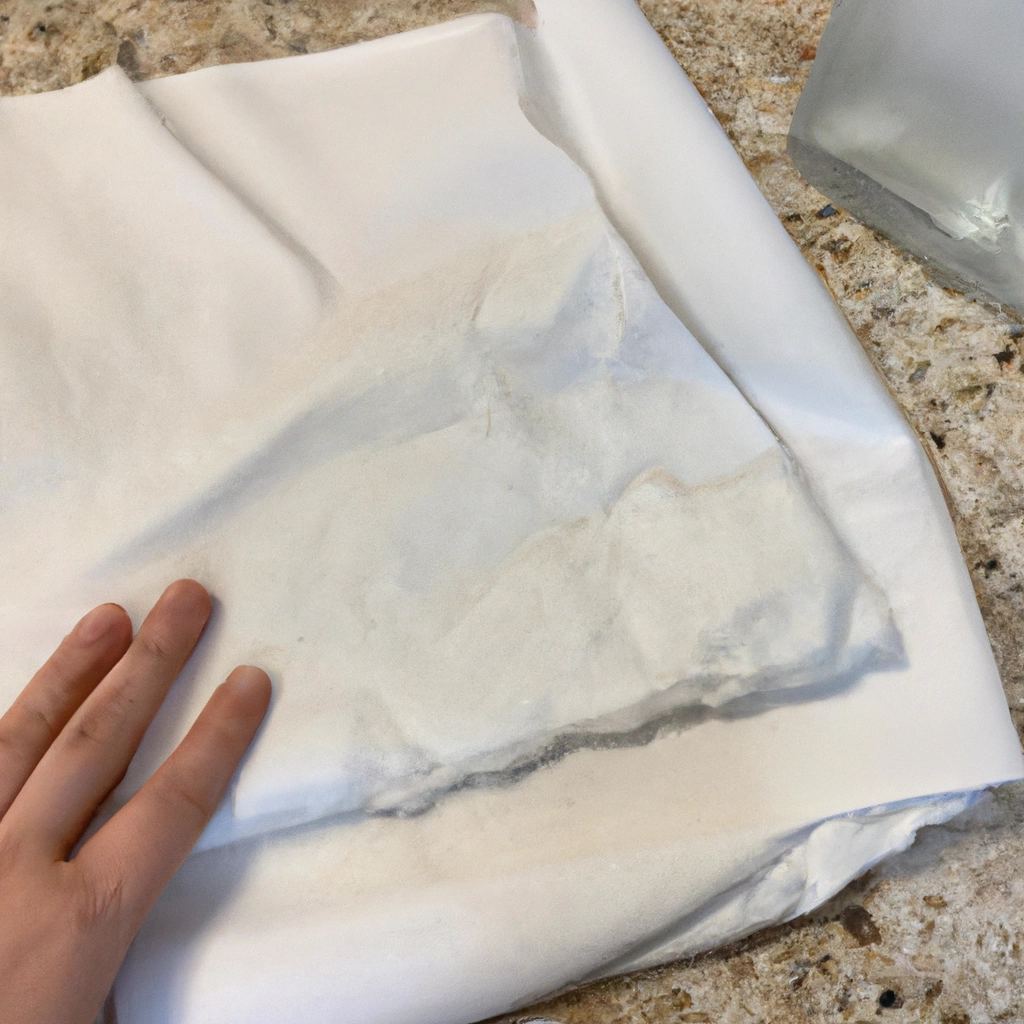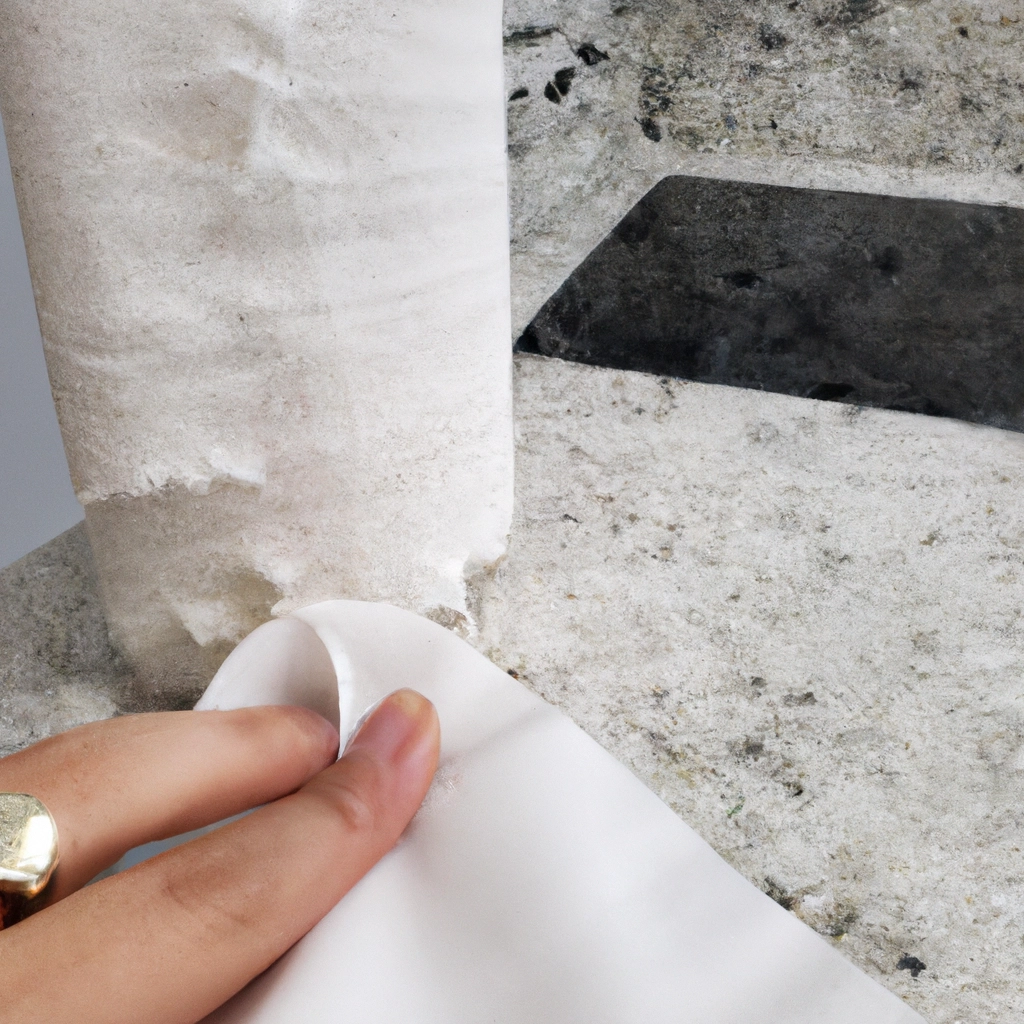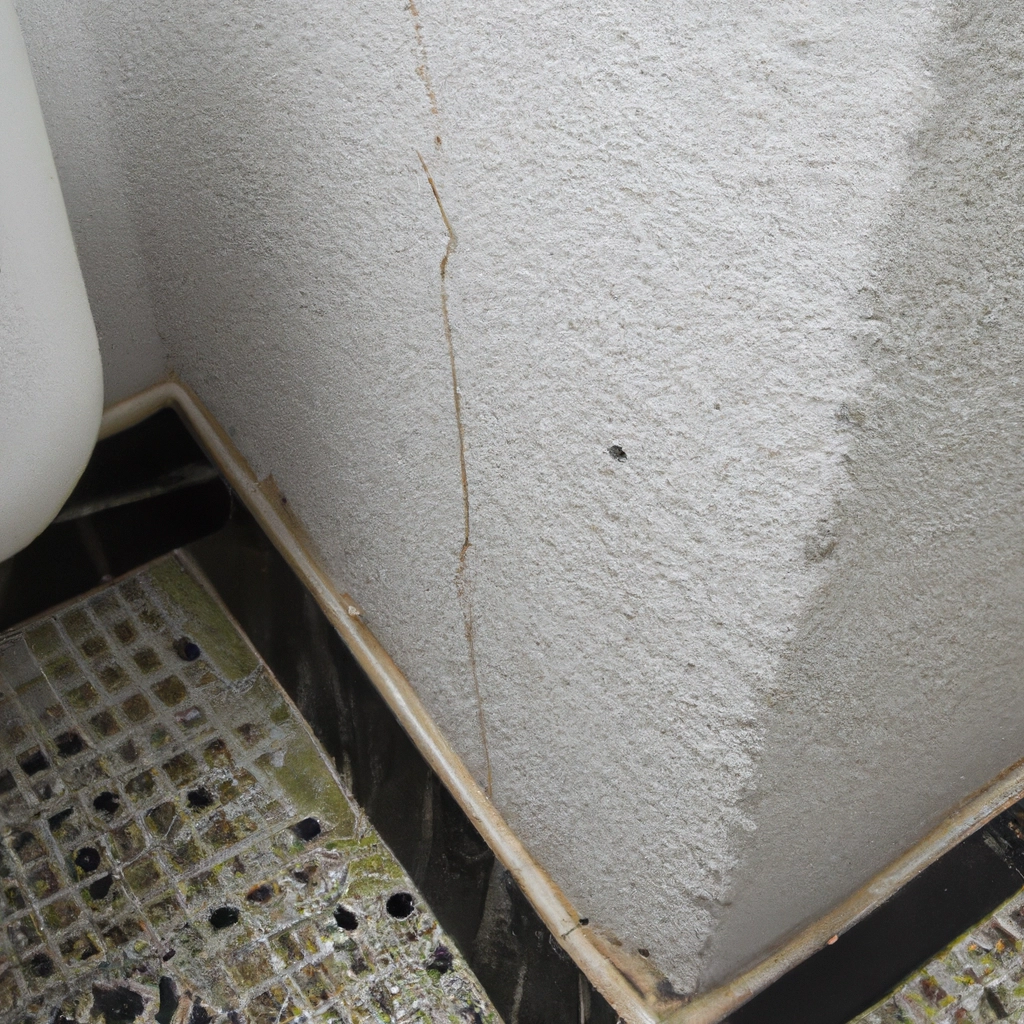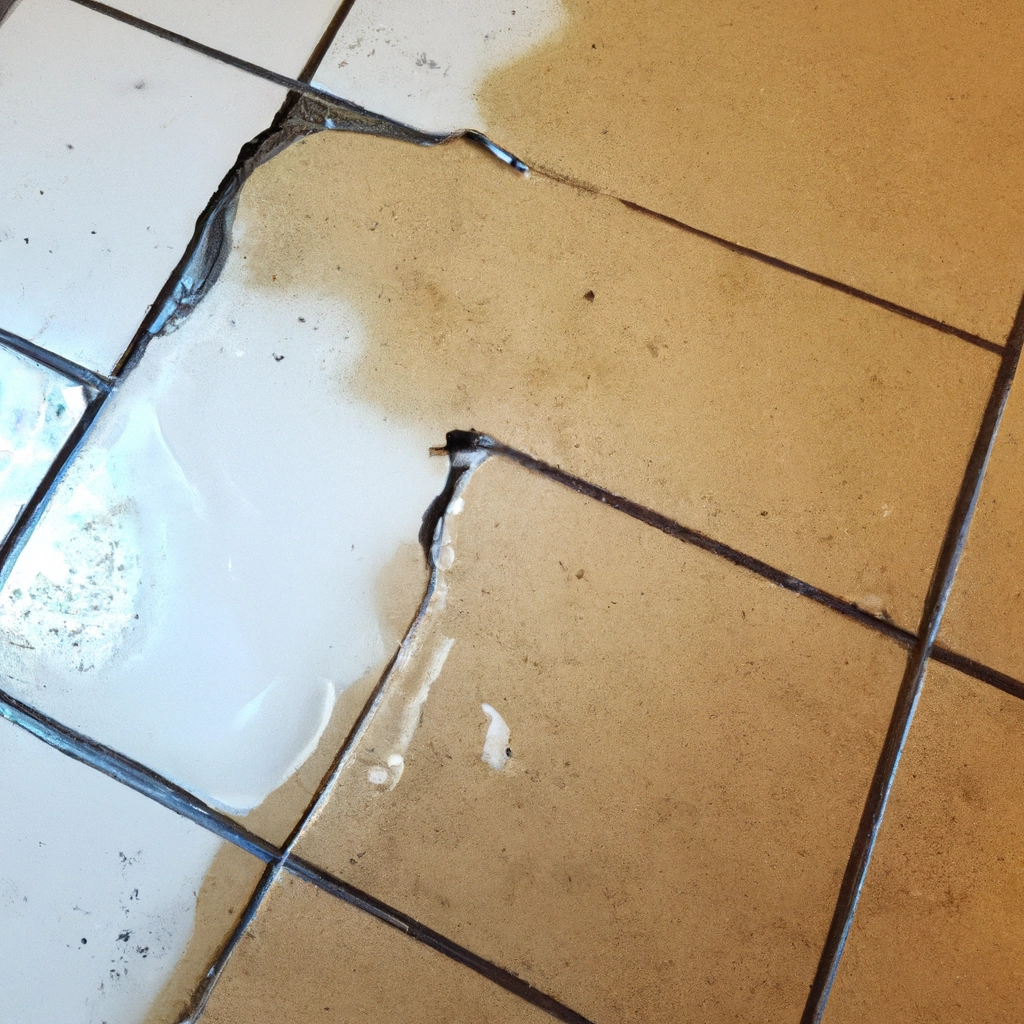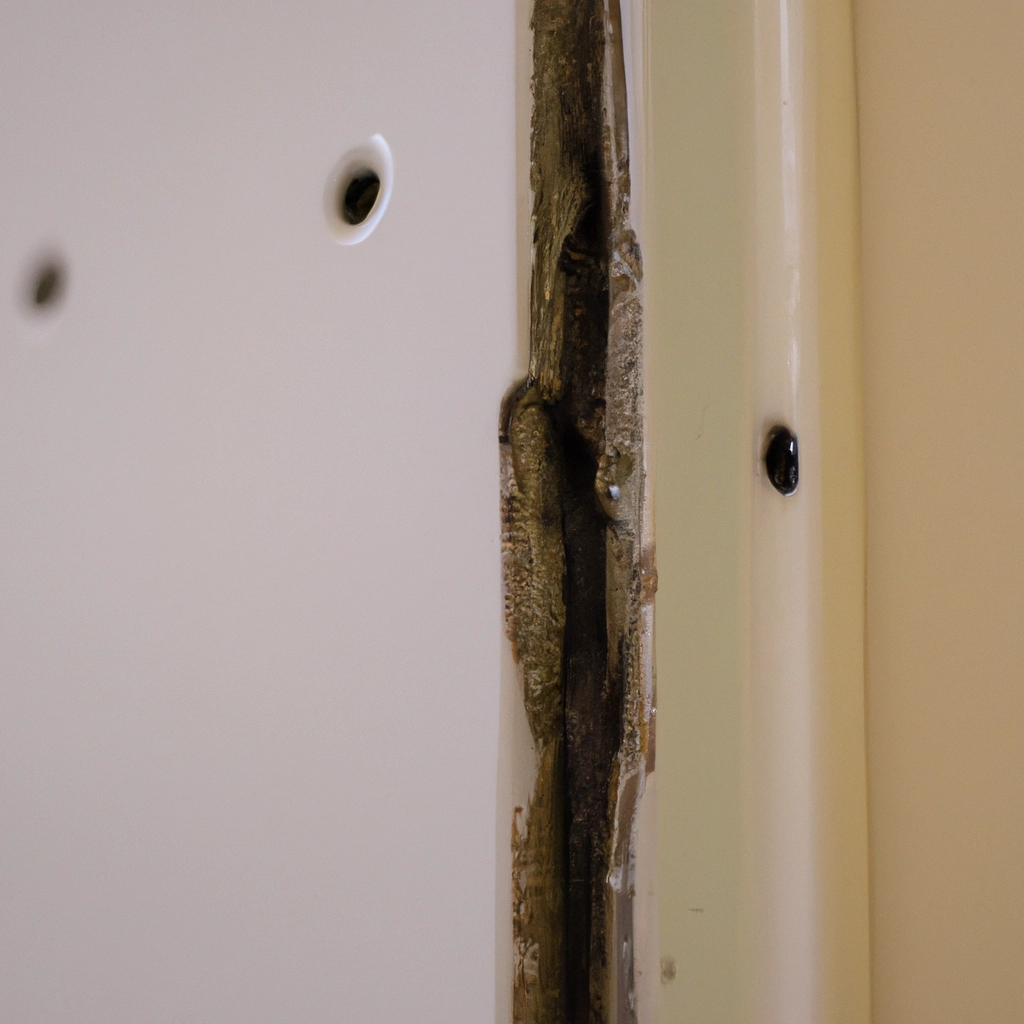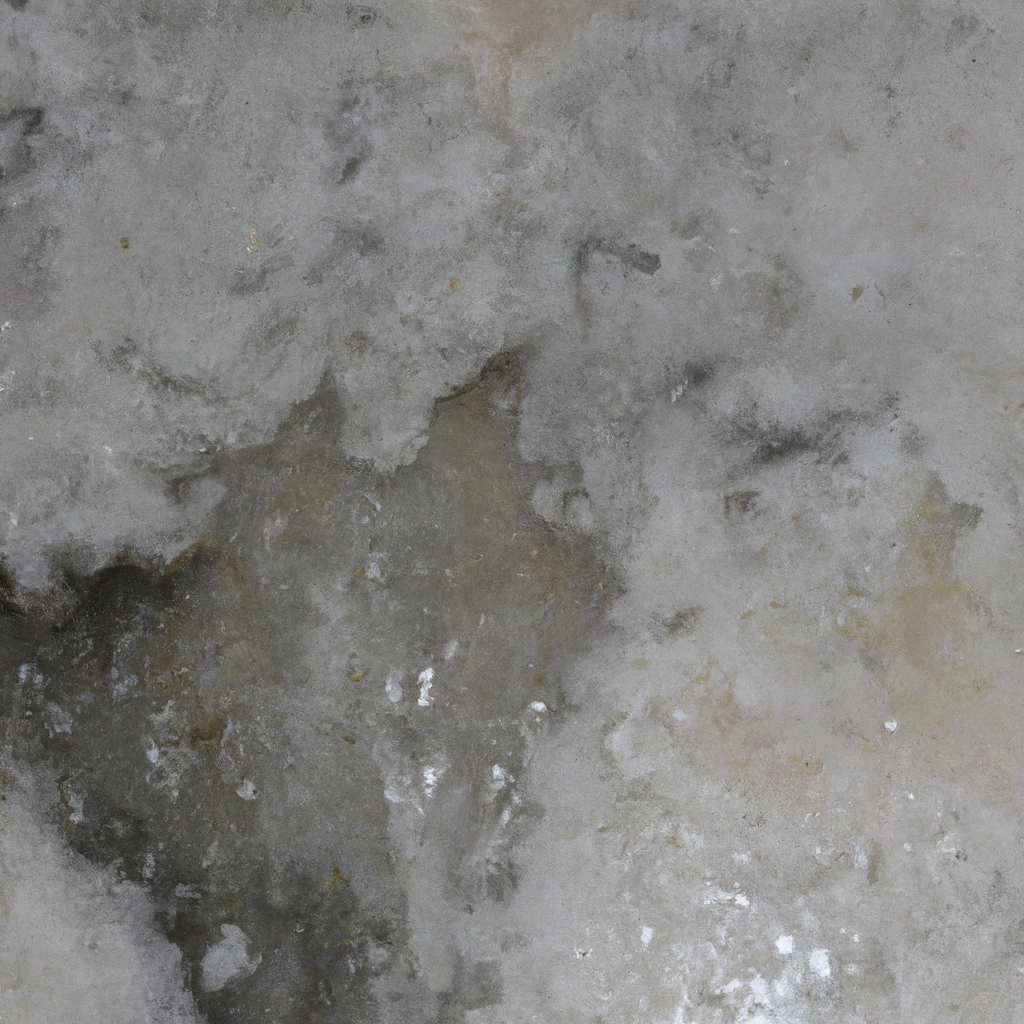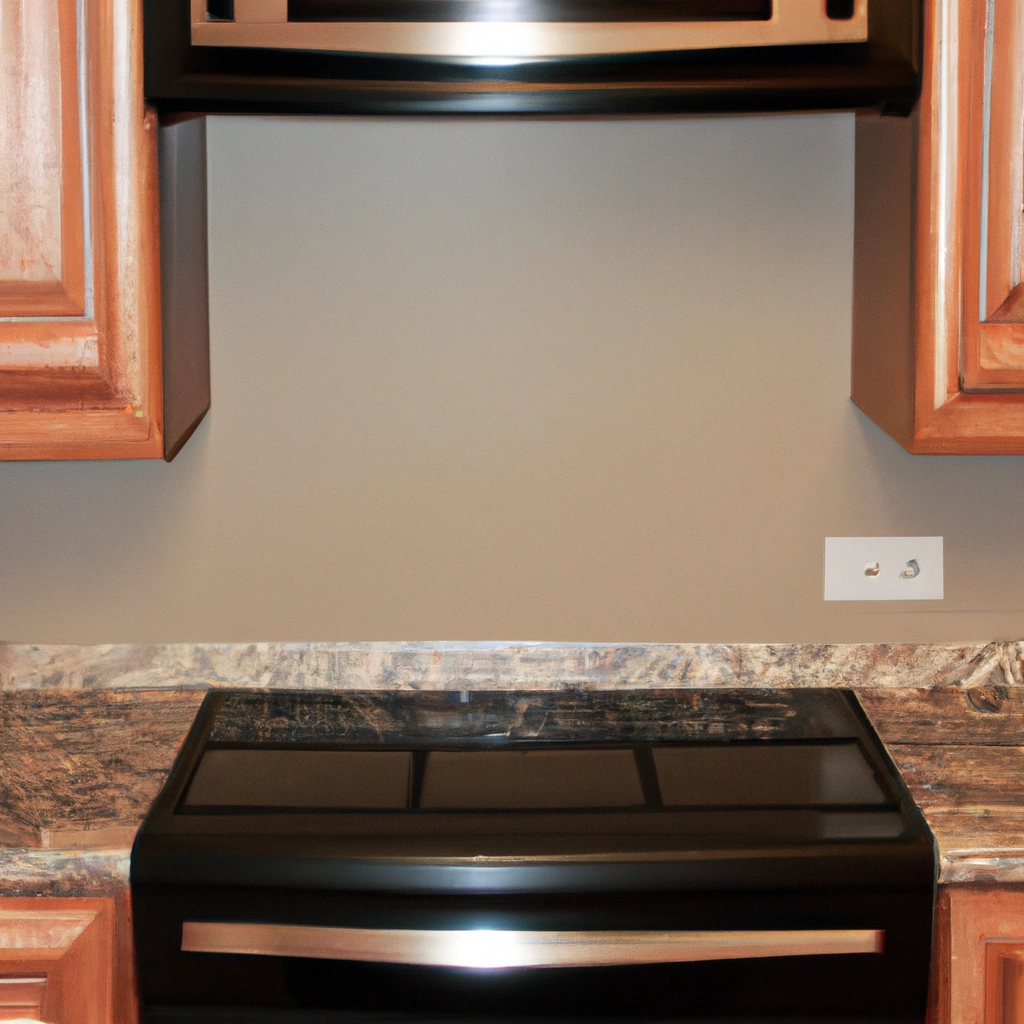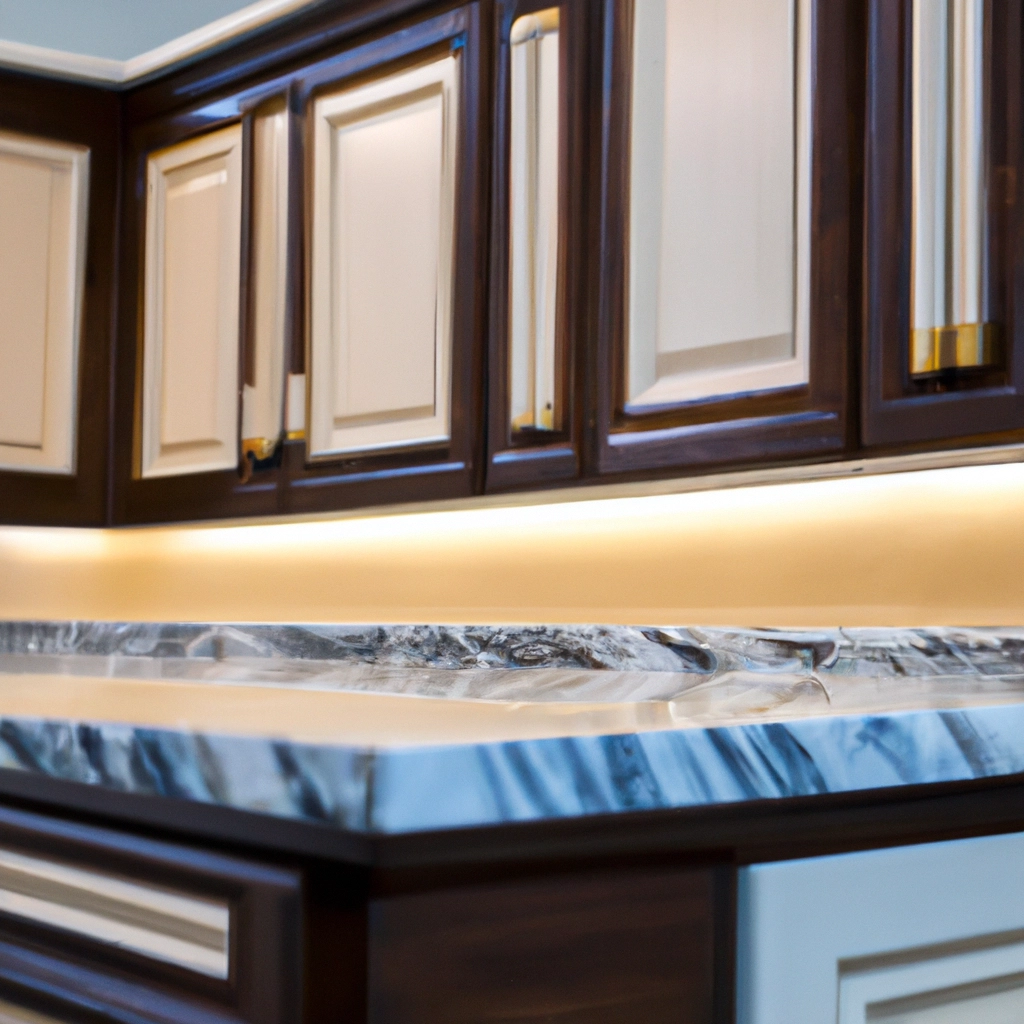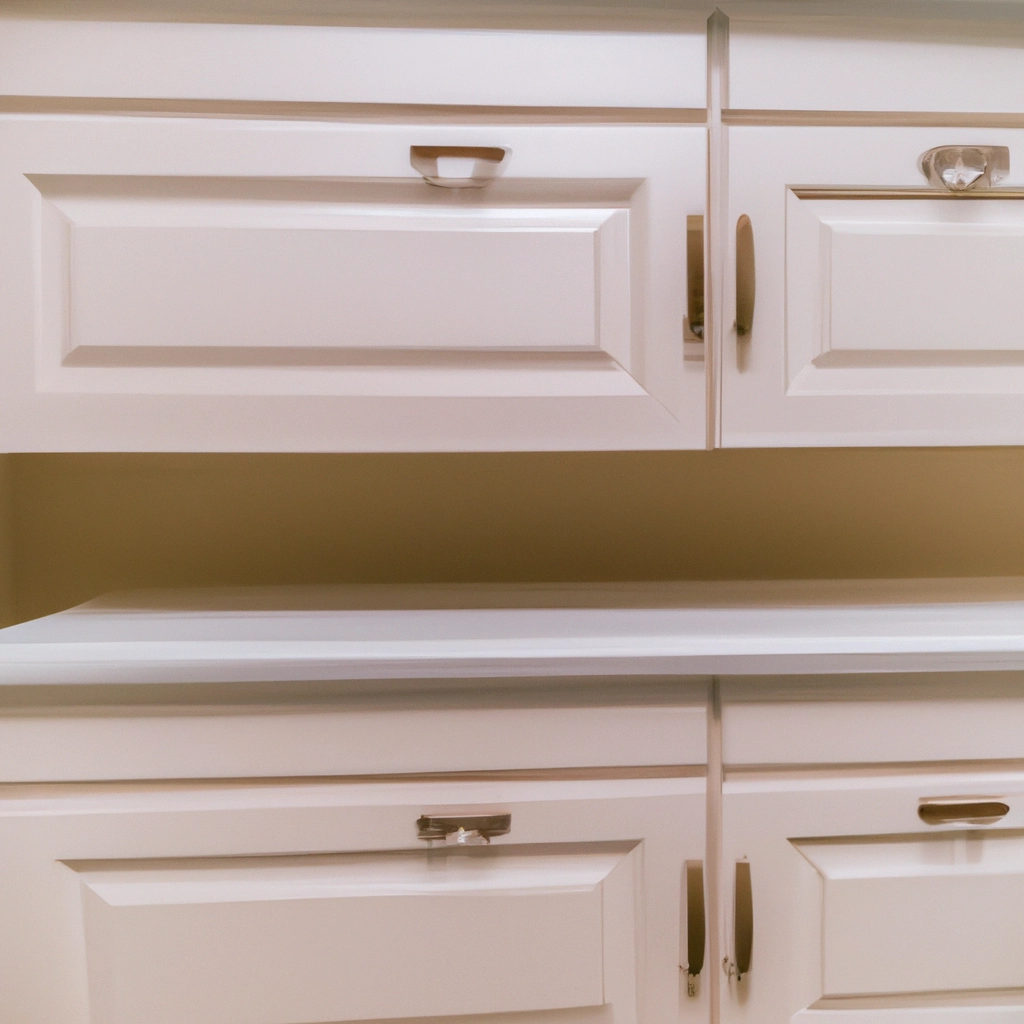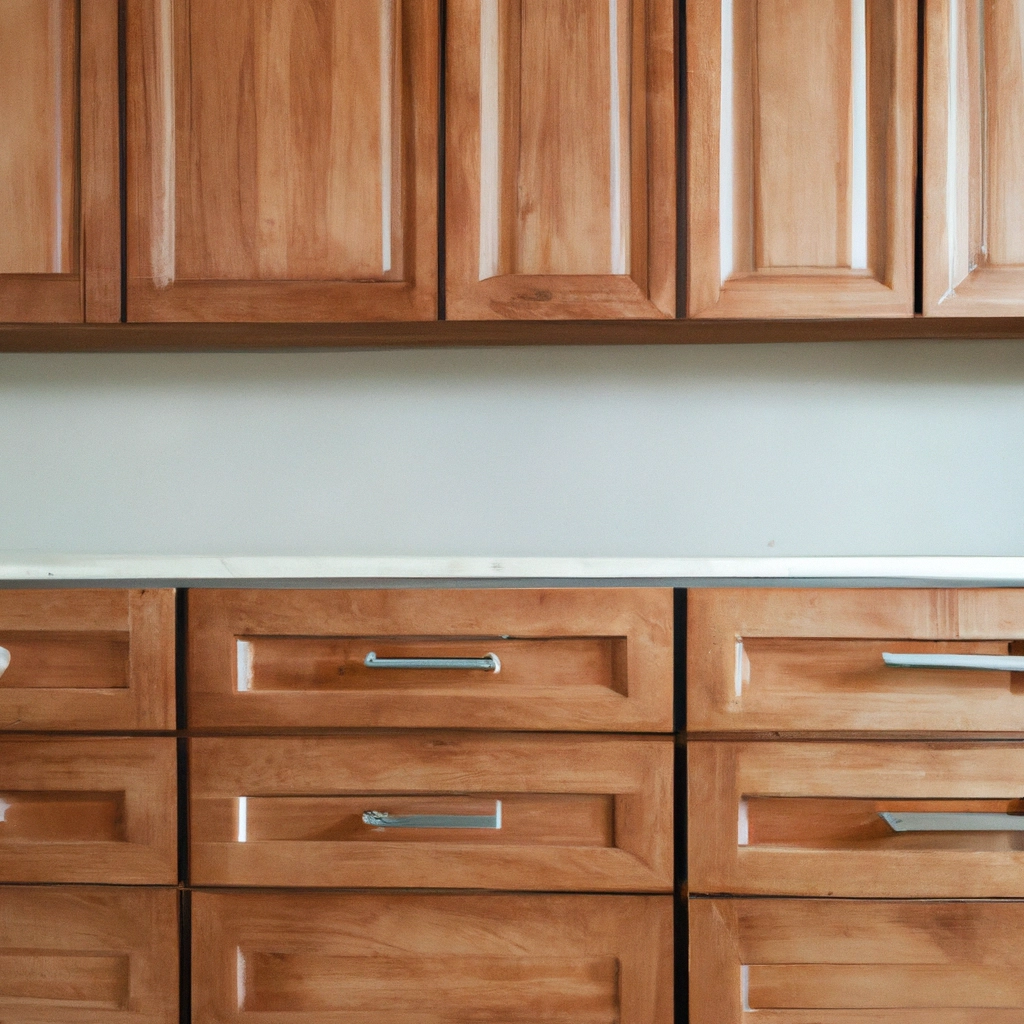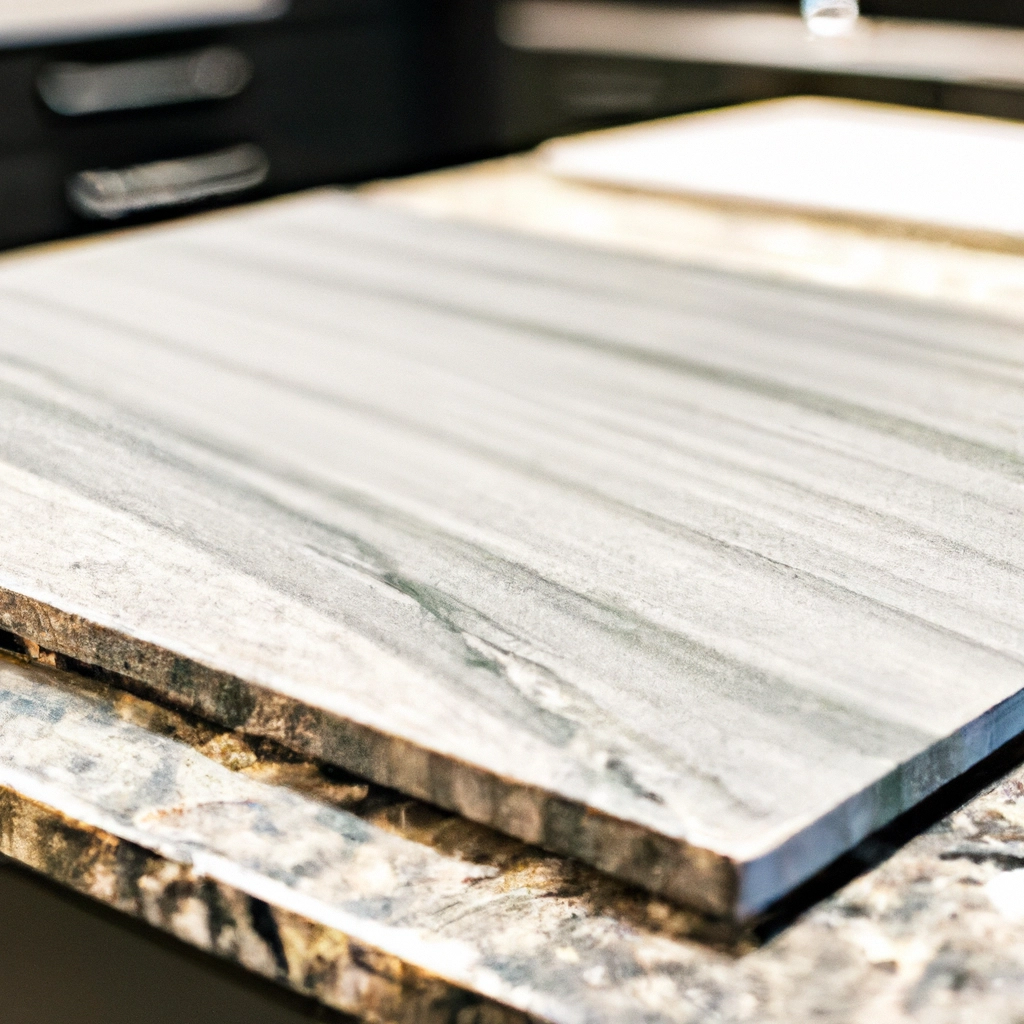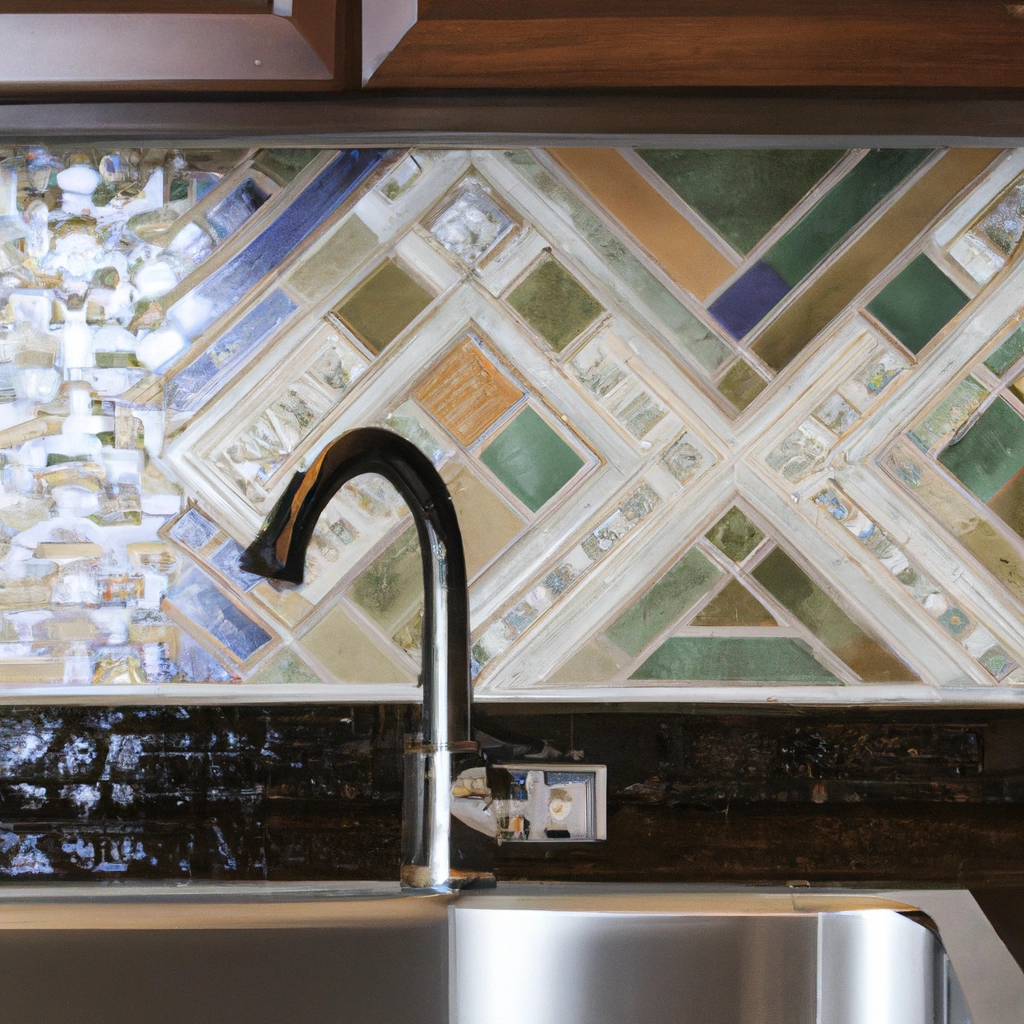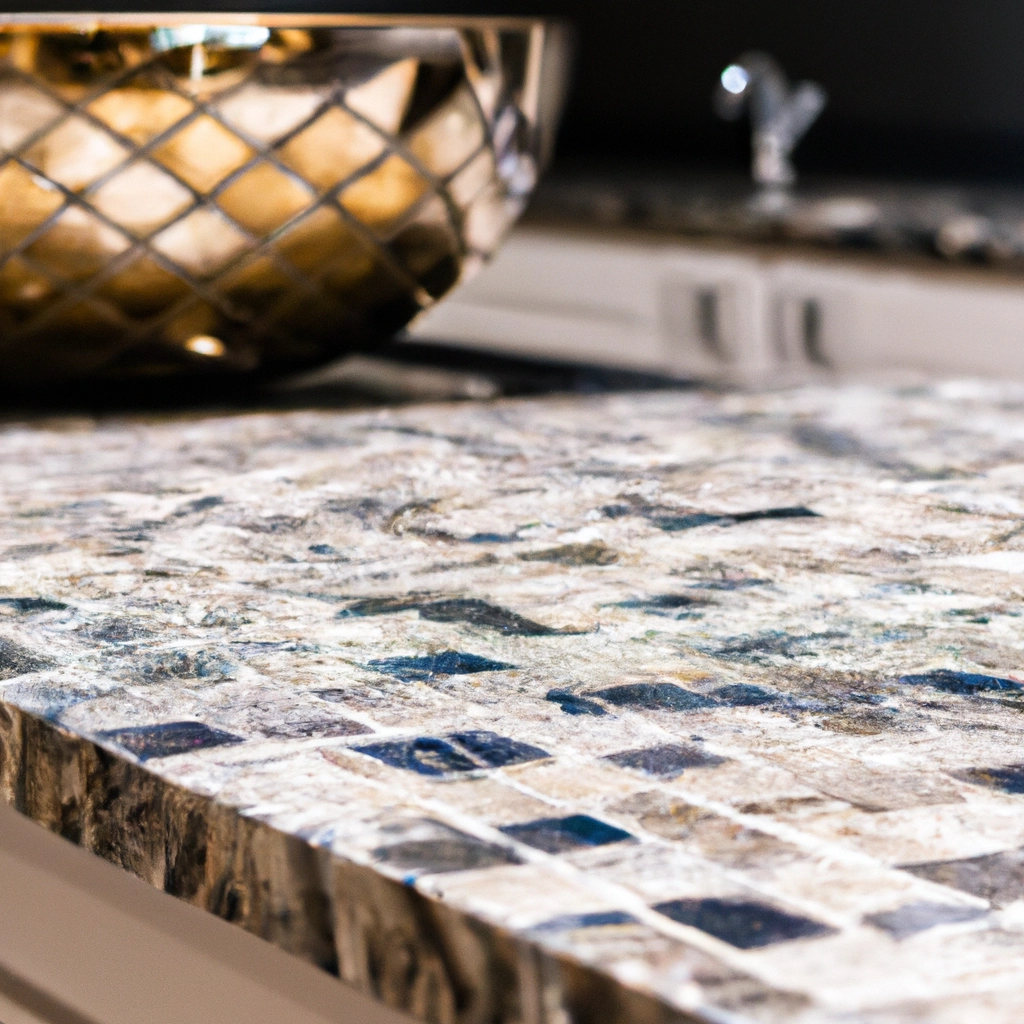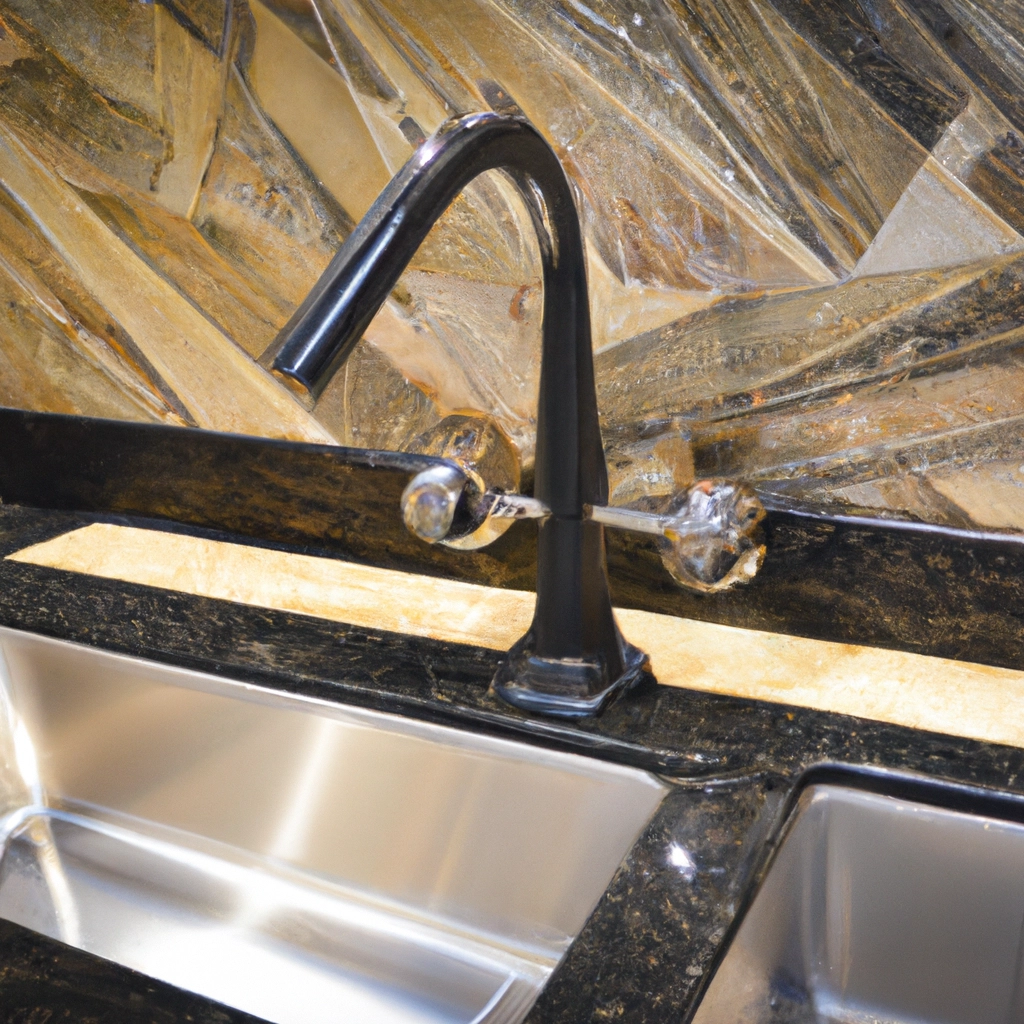| Cleaner | Description |
|---|---|
| Mild Dish Soap and Water | A gentle solution for daily cleaning |
| Isopropyl Alcohol | Effective for removing tough stains and grease |
| White Vinegar and Water | Natural and non-toxic option for cleaning |
| Quartz Cleaner and Polish | Formulated specifically for quartz surfaces |
| Multi-Surface Cleaner | Safe for use on quartz and other surfaces |
Welcome to the sparkling world of quartz! As someone who’s obsessed with maintaining that brand-new countertop shine, I’ve learned that not all cleaners are created equal when it comes to this durable yet delicate surface. From the gleam of the kitchen to the glamour of the bathroom, knowing how to properly care for quartz is paramount for keeping its luster alive. So, let’s polish our knowledge and dive into the crystal-clear waters of quartz maintenance!
Using the wrong cleaner on quartz can be like sending an invitation to a bull in a china shop—chaos ensues. Harsh chemicals have the villainous potential to dull the shine, discolour the surface, or even cause it to crack. How devastating, right? And while the durability of quartz can make it seem indestructible, it’s more like a superhero with a secret weakness—so let’s find out what that kryptonite is and how to avoid it!
Understanding Quartz
Quartz countertops, the crowning jewel of many modern kitchens and baths, are made from one of Earth’s hardest minerals. These beauties are engineered by combining natural quartz with a small percentage of resins and pigments, leading to their mesmerizing patterns and robustness. But let’s not forget that with great beauty comes great responsibility, and that means using the right cleaning cavalry to keep them unblemished.
Despite its toughness, quartz counters have an Achilles’ heel when it comes to certain chemicals. Acidic and alkaline substances can undermine the bond between quartz and resin, leading to damage you really don’t want to see. Just like we protect our skin from the sun, we should shield our quartz surfaces from the harsh effects of unkind cleaners.
Personal Experience with Harmful Cleaners
Now, gather around for a tale of woe and warning. Once upon a not-so-gleaming day, I enthusiastically attacked a stubborn stain on my own quartz countertop with a cleaner that shall remain nameless. It promised miracles but delivered only misfortune. The aftermath? A dulled spot where once there was radiance, my heart sank, and the countertop mourned its lost shine.
It was a hard-learned lesson accompanied by facepalms and frustration. The damage was done; my beautiful quartz surface looked like it had aged years in a matter of minutes. The takeaway from my misadventure? Always, and I mean always, double-check if a cleaner is quartz-friendly before going on a cleaning spree.
Choosing Gentle and Safe Cleaners
Folks, the safest route on this cleaning journey is nonabrasive, non-acidic cleaners specifically designed for quartz. Think of them as the gentle giants of the cleaning world. These kind-hearted products maintain peace with the quartz while showing grime the door. So, we’re talking pH-balanced friends that are tough on the mess but tender on the surface.
For the eco-conscious and DIY enthusiasts, homemade solutions such as mild dish soap mixed with water can be a godsend. They’re like a soothing balm for quartz surfaces, yet surprisingly effective at banishing everyday spills and splatters. And if you’re in search of that sparkle, a bit of rubbing alcohol mixed with water is a safe bet for a quick disinfection and shine bump.
Finding the right cleaning materials for our cherished quartz countertops means checking labels for harsh chemicals and abrasives. Imagine them as villains, and we’re the superheroes protecting our quartz from their dastardly deeds. Avoid them like you would avoid spoilers to your favorite show’s season finale.
Benefits of Using the Right Cleaner
The joy of seeing your quartz countertops shimmer with cleanliness and not a smudge in sight—that’s what using the right cleaner will grant you. It’s like giving your surfaces a protective armor that not only makes them look good but also extends their lifespan. And isn’t that what we all want for our home investments?
Committing to safe, tailored products for our quartz is a commitment to maintaining their endurance and elegance. Over time, the right cleaning routine will ensure that the counters face fewer risks of damage; it’s a love story between your home and caring habits.
Satisfaction is a guarantee when you know you’re treating your quartz with the kindness it deserves. Trust me, there’s something deeply gratifying about nurturing the heart of your home with practices that preserve its beauty and function. It’s a win-win for everyone involved.
Conclusion
Embarking on the quest for the safest cleaner for quartz is more than good practice—it’s an act of love for one of your home’s standout features. By choosing gentle, quartz-friendly cleaners, we protect our precious investment and keep it looking as grand as the day it was installed. So, let’s be champions of quartz care and make informed choices for our home’s enduring elegance.
To all the quartz owners out there, I urge you to be vigilant and mindful of the products that cross your countertop’s path. Engage in battle with the right armor, and together, we’ll ensure our quartz surfaces live long and prosper!
In conclusion, nurture your quartz, and it will reward you with unwavering loyalty and ageless appeal. Now, let’s make those countertops glow with pride!
